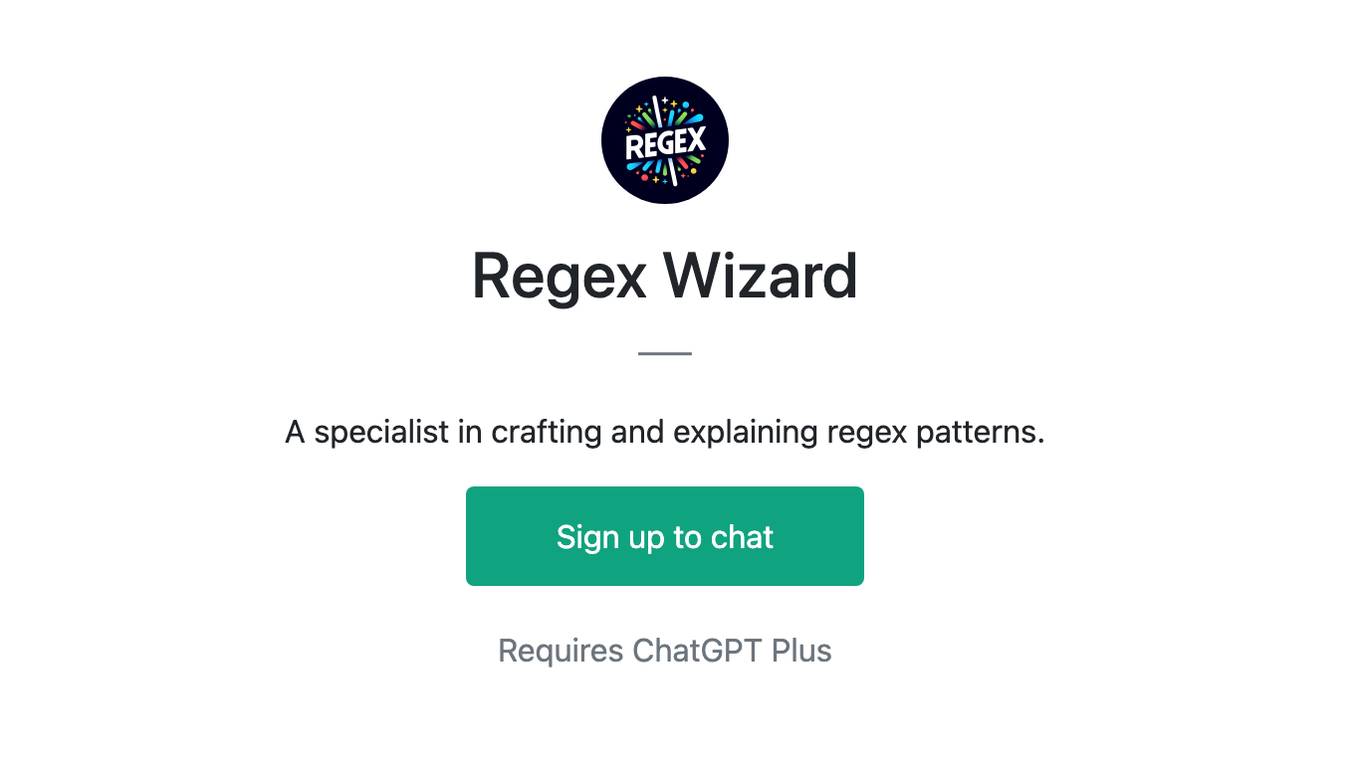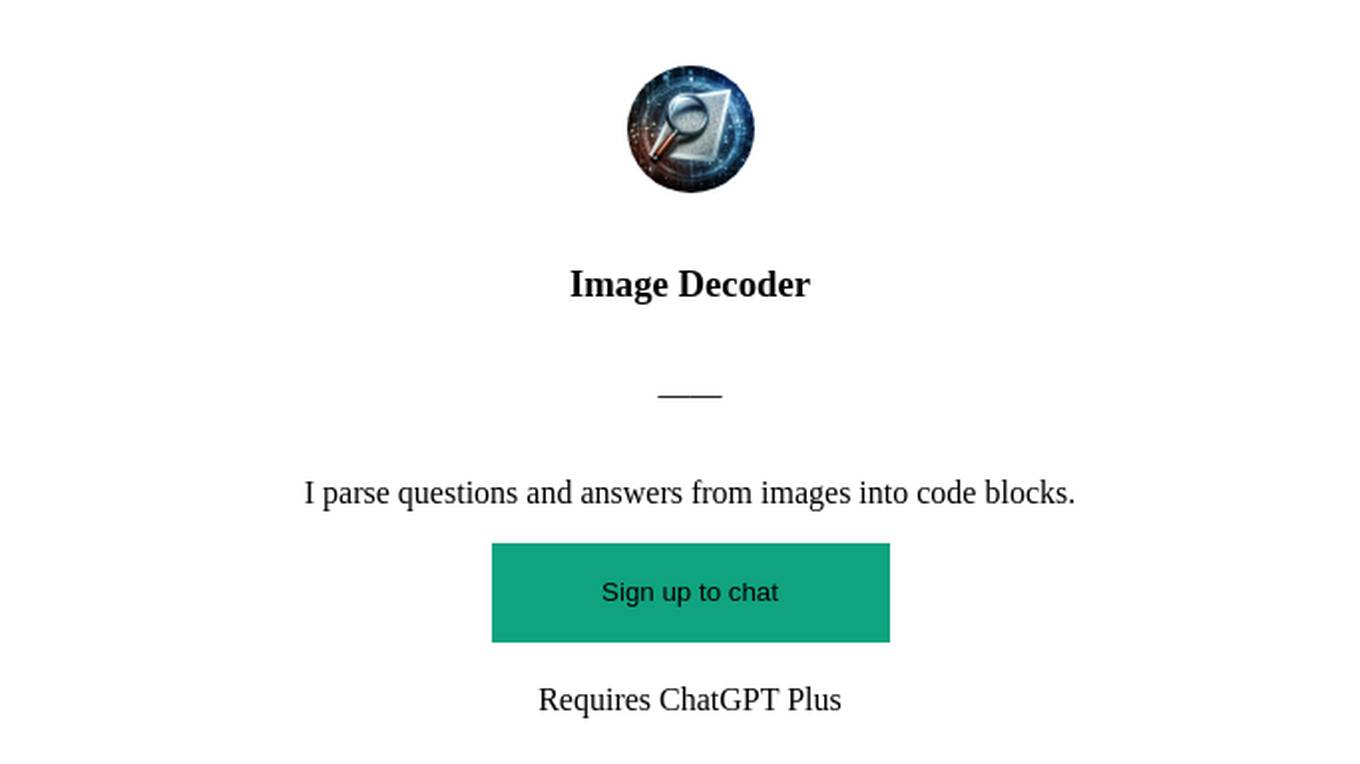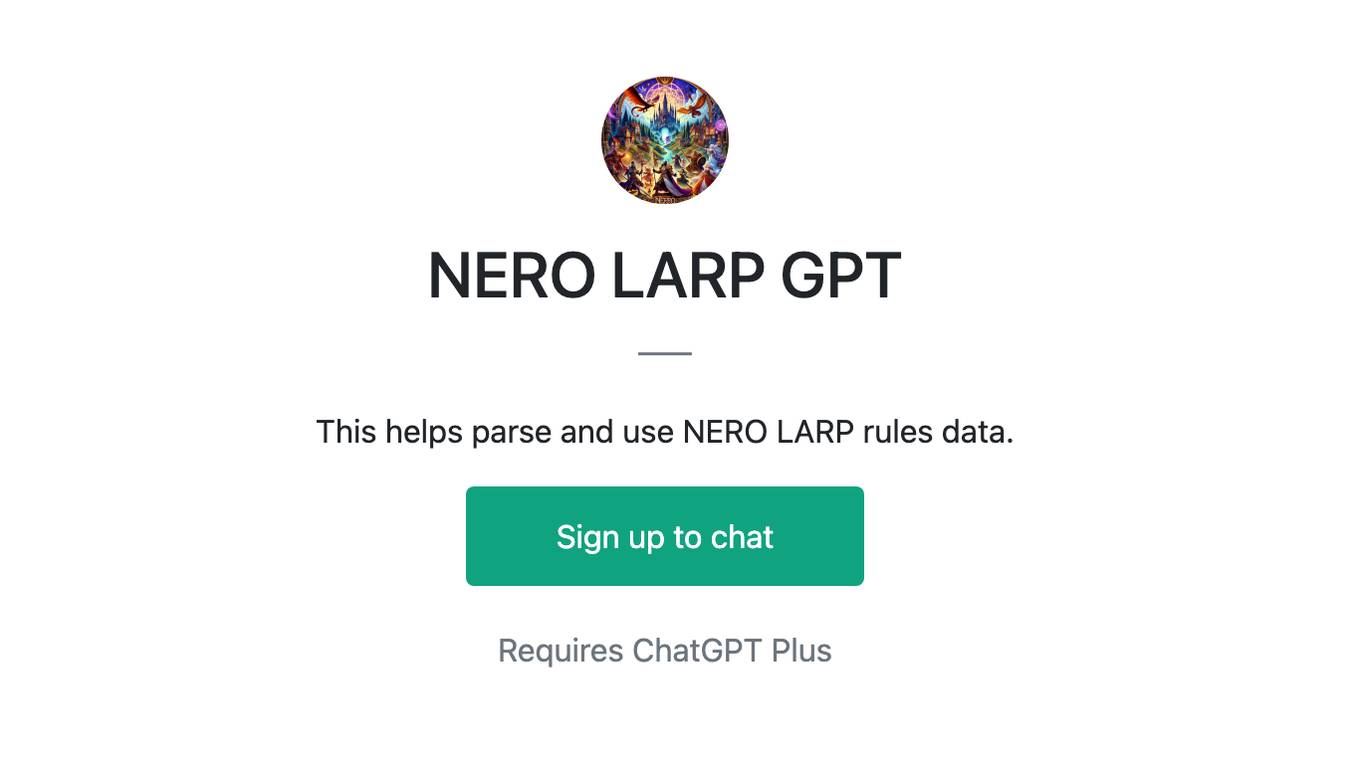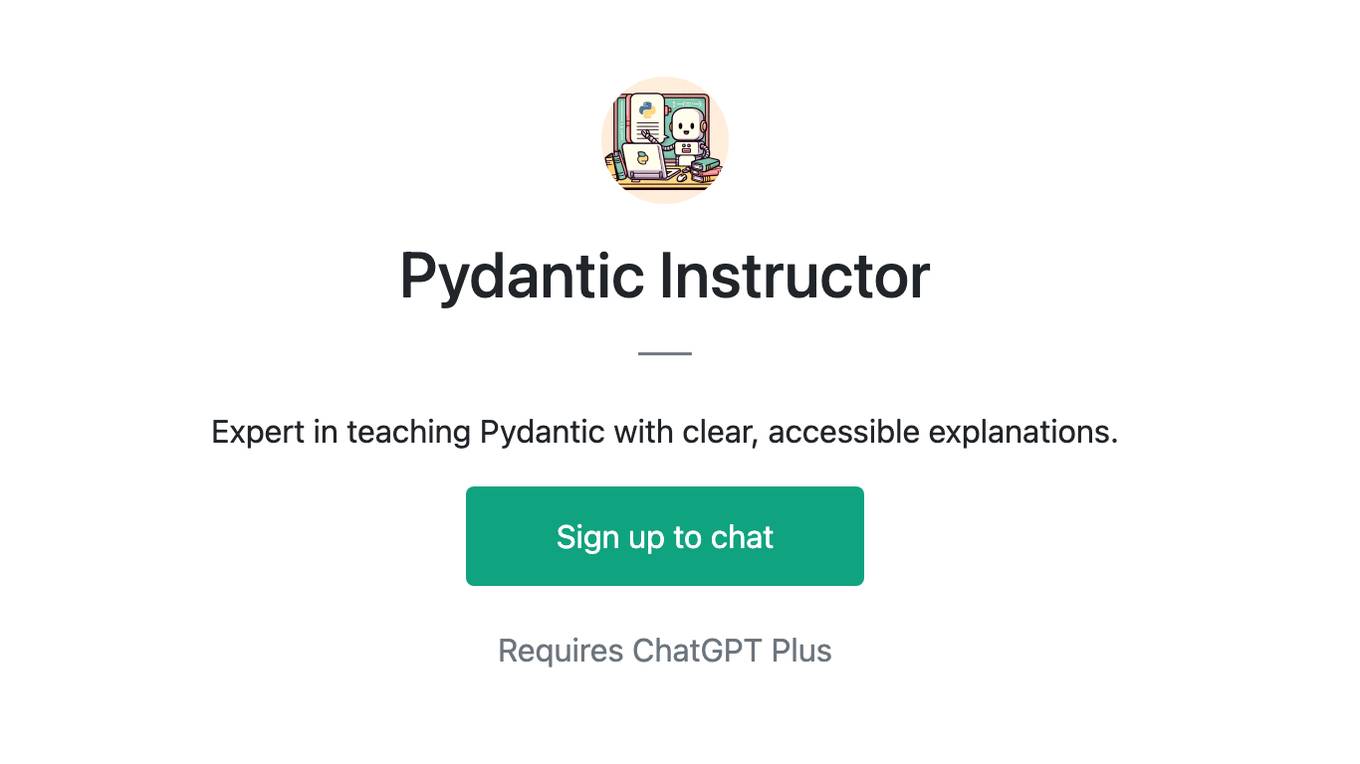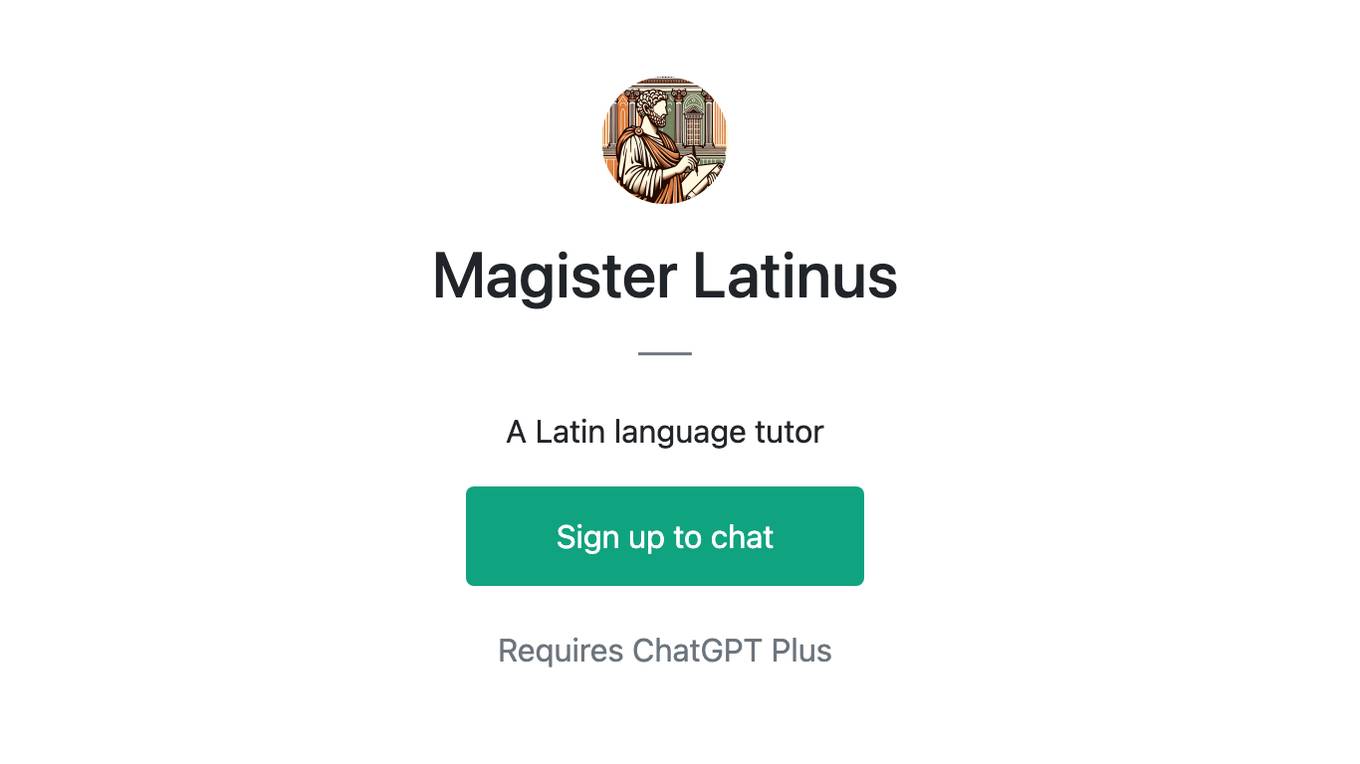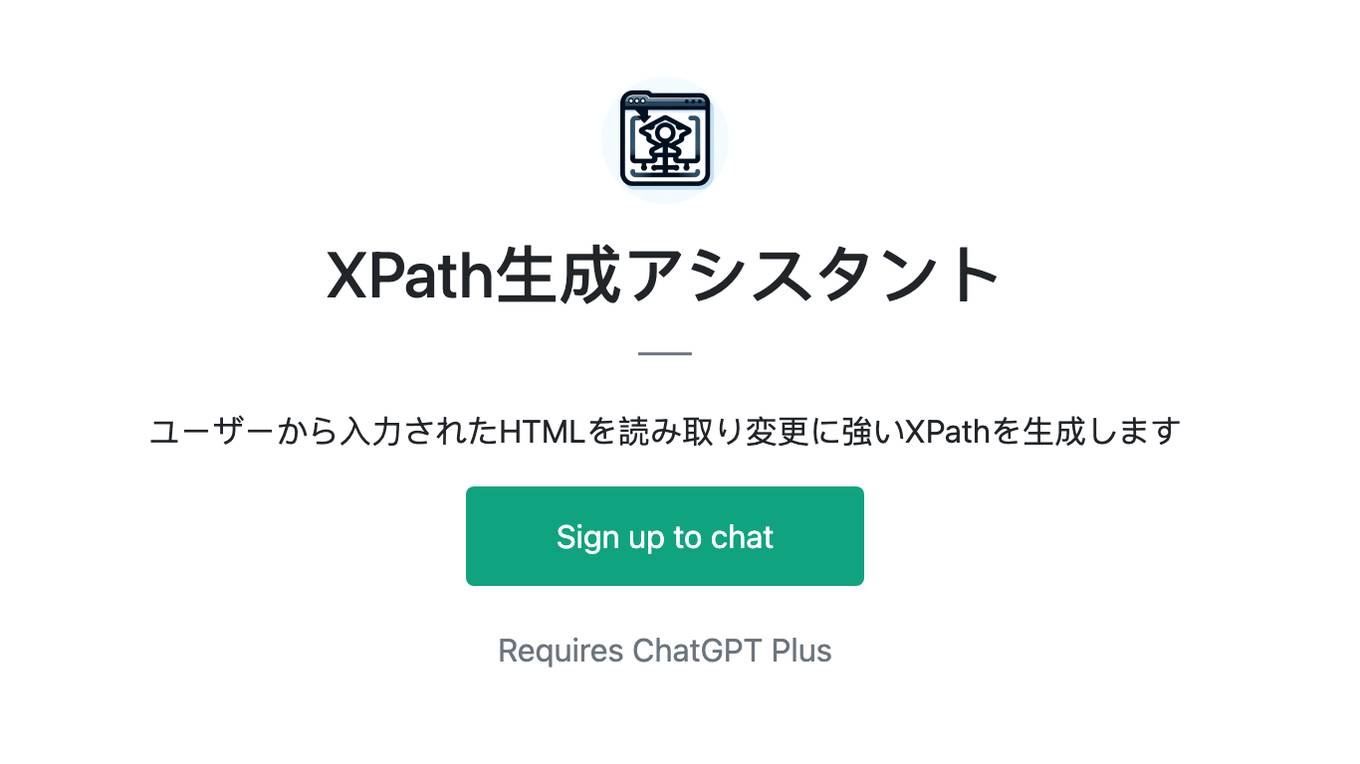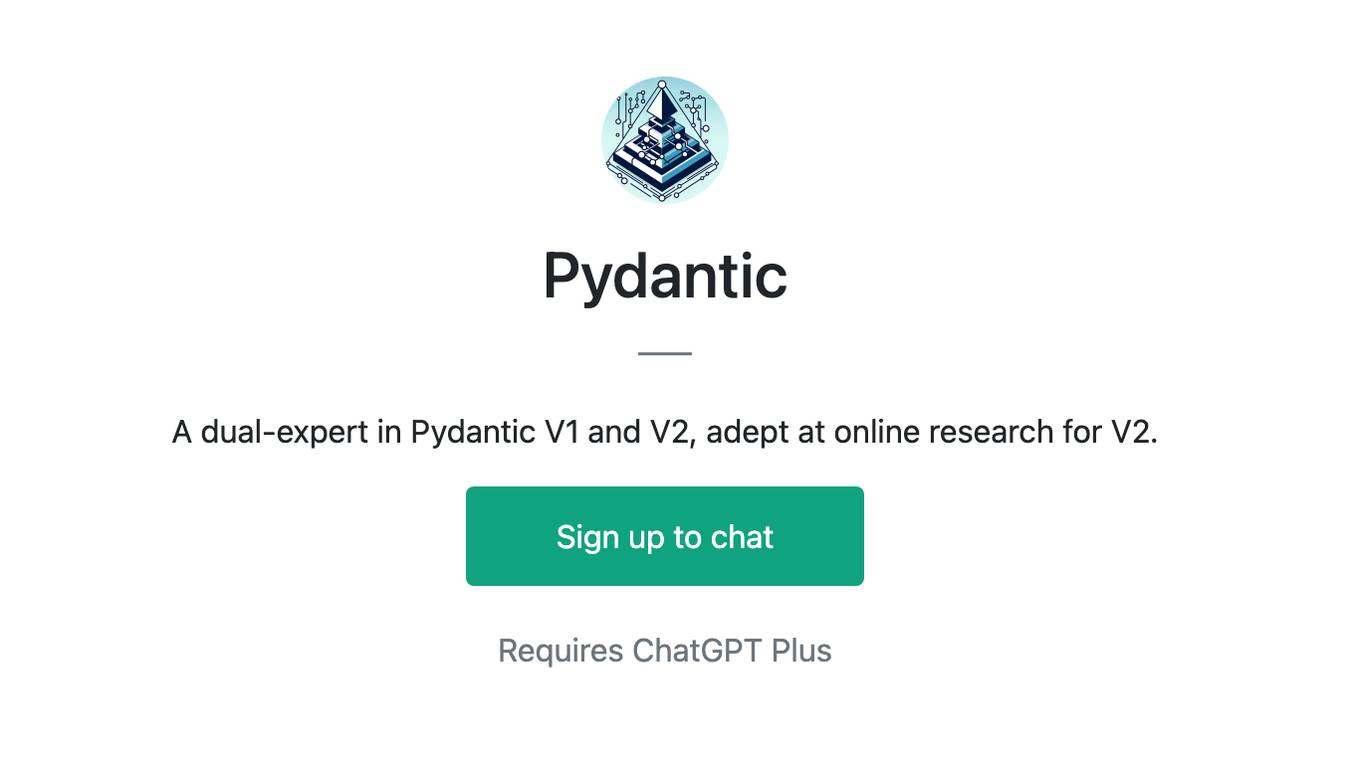Best AI tools for< Parse Text >
20 - AI tool Sites
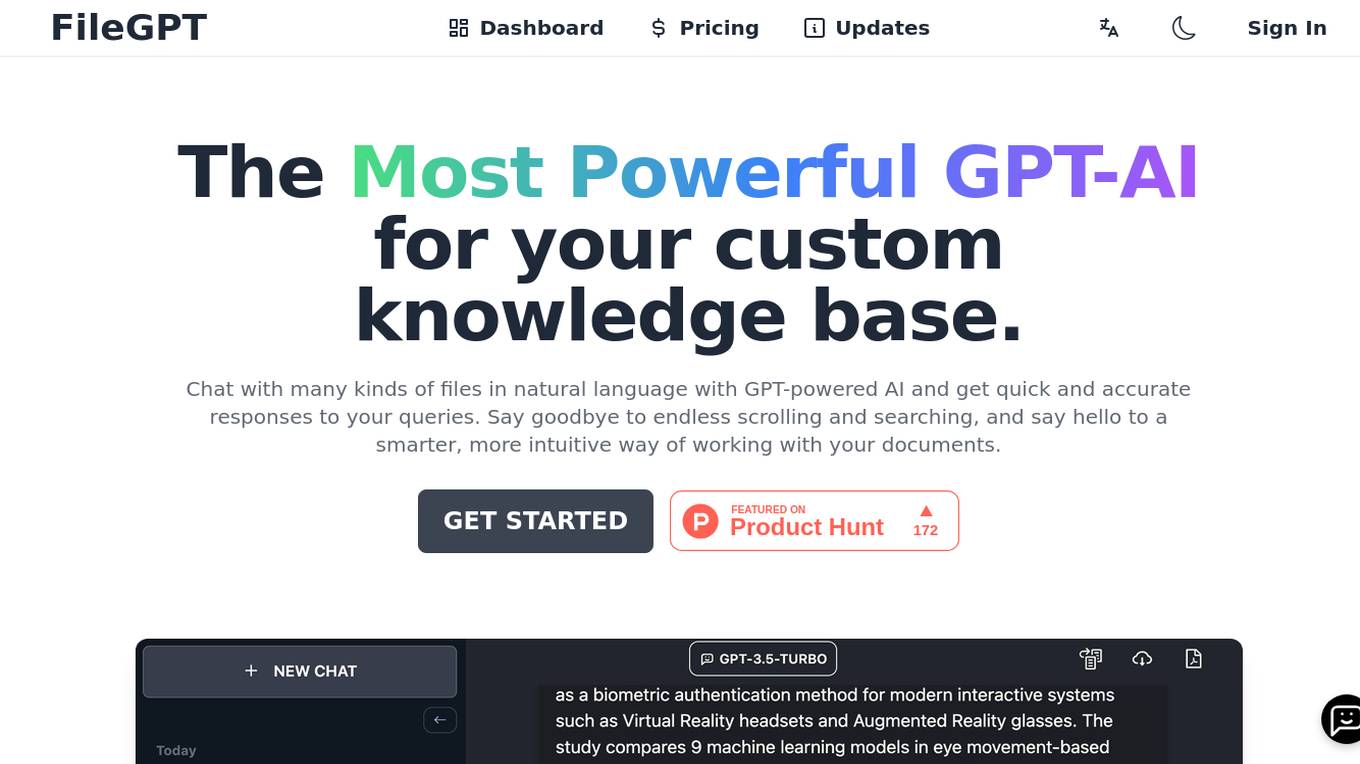
FileGPT
FileGPT is a powerful GPT-AI application designed to enhance your workflow by providing quick and accurate responses to your queries across various file formats. It allows users to interact with different types of files, extract text from handwritten documents, and analyze audio and video content. With FileGPT, users can say goodbye to endless scrolling and searching, and hello to a smarter, more intuitive way of working with their documents.
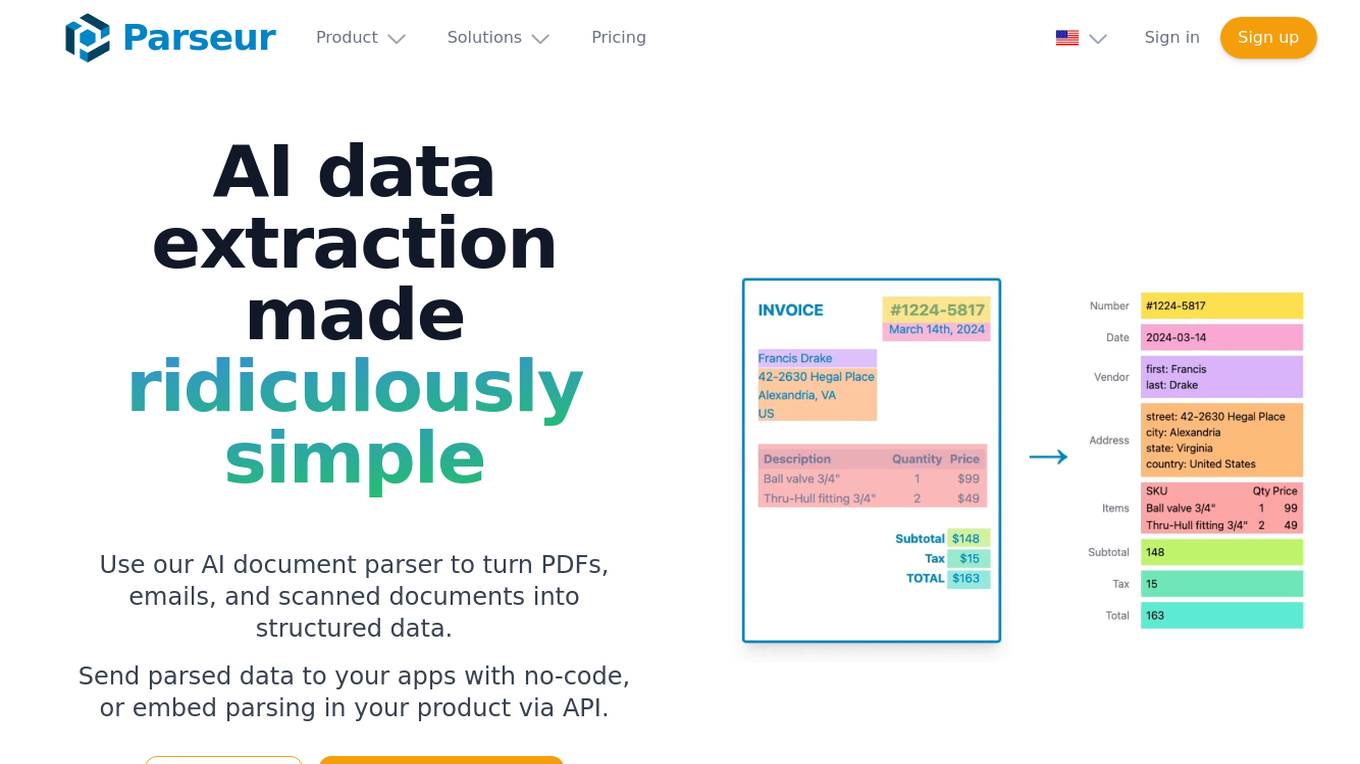
Parseur
Parseur is an AI data extraction software that uses artificial intelligence to extract structured data from various types of documents such as PDFs, emails, and scanned documents. It offers features like template-based data extraction, OCR software for character recognition, and dynamic OCR for extracting fields that move or change size. Parseur is trusted by businesses in finance, tech, logistics, healthcare, real estate, e-commerce, marketing, and human resources industries to automate data extraction processes, saving time and reducing manual errors.

NLTK
NLTK (Natural Language Toolkit) is a leading platform for building Python programs to work with human language data. It provides easy-to-use interfaces to over 50 corpora and lexical resources such as WordNet, along with a suite of text processing libraries for classification, tokenization, stemming, tagging, parsing, and semantic reasoning, wrappers for industrial-strength NLP libraries, and an active discussion forum. Thanks to a hands-on guide introducing programming fundamentals alongside topics in computational linguistics, plus comprehensive API documentation, NLTK is suitable for linguists, engineers, students, educators, researchers, and industry users alike.
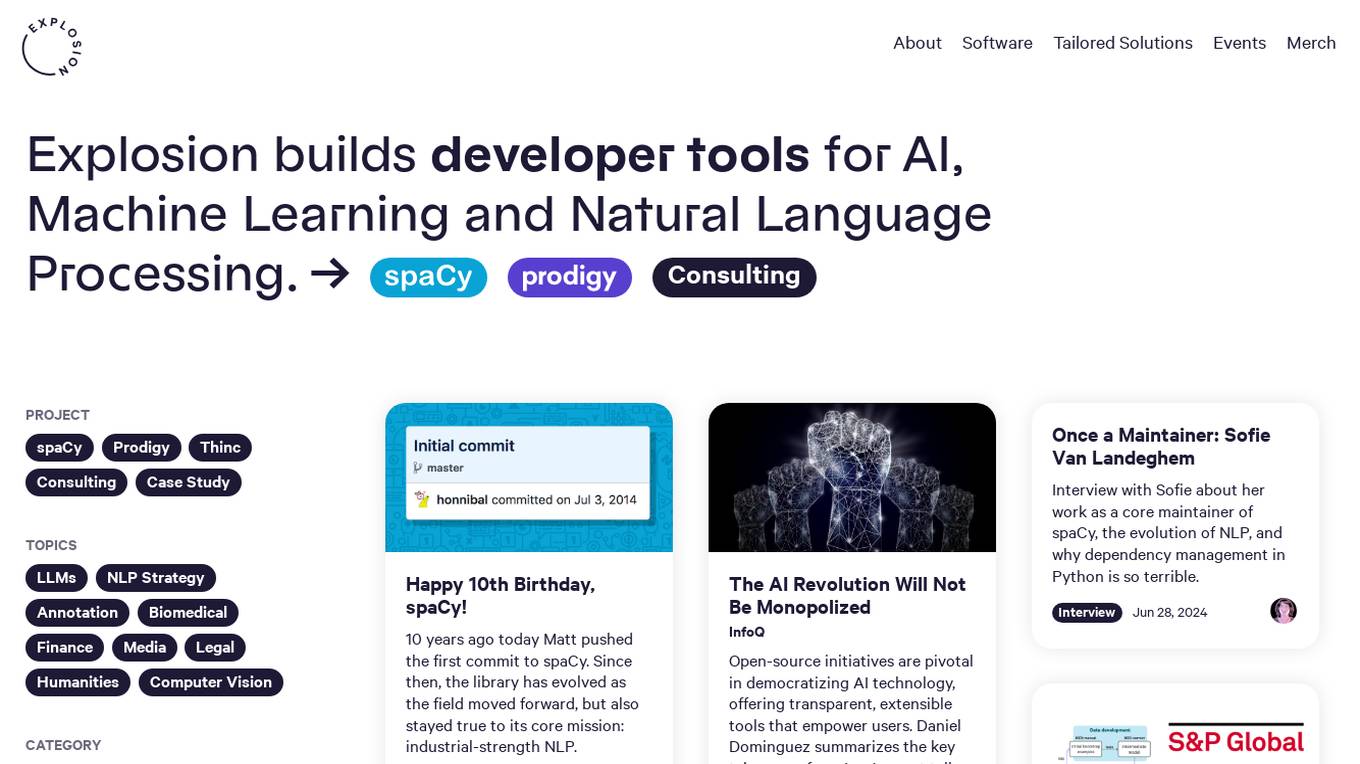
Explosion
Explosion is a software company specializing in developer tools and tailored solutions for AI, Machine Learning, and Natural Language Processing (NLP). They are the makers of spaCy, one of the leading open-source libraries for advanced NLP. The company offers consulting services and builds developer tools for various AI-related tasks, such as coreference resolution, dependency parsing, image classification, named entity recognition, and more.
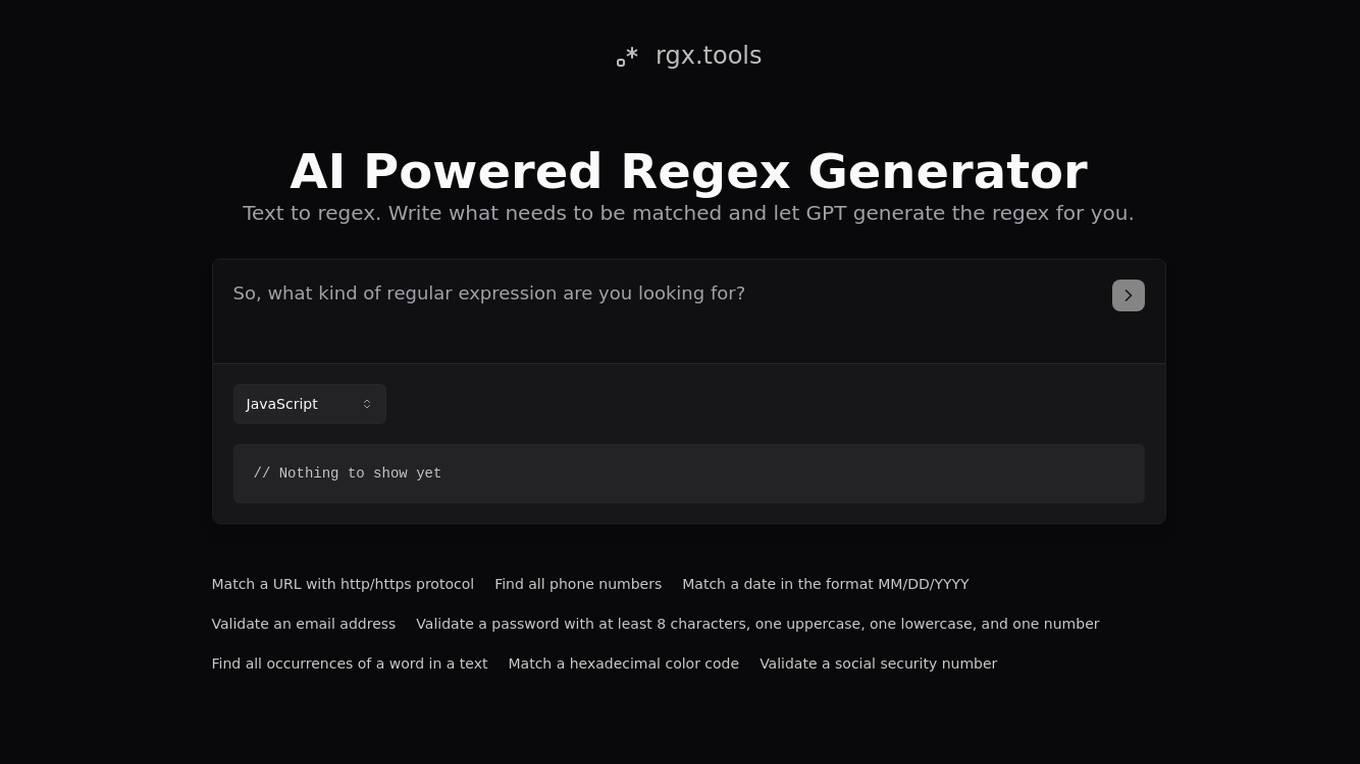
Rgx.tools
Rgx.tools is an AI-powered text-to-regex generator that helps users create regular expressions quickly and easily. It is a wrapper around OpenAI's gpt-3.5-chat model, which generates clean, readable, and efficient regular expressions based on user input. Rgx.tools is designed to make the process of writing regular expressions less painful and more accessible, even for those with limited experience.
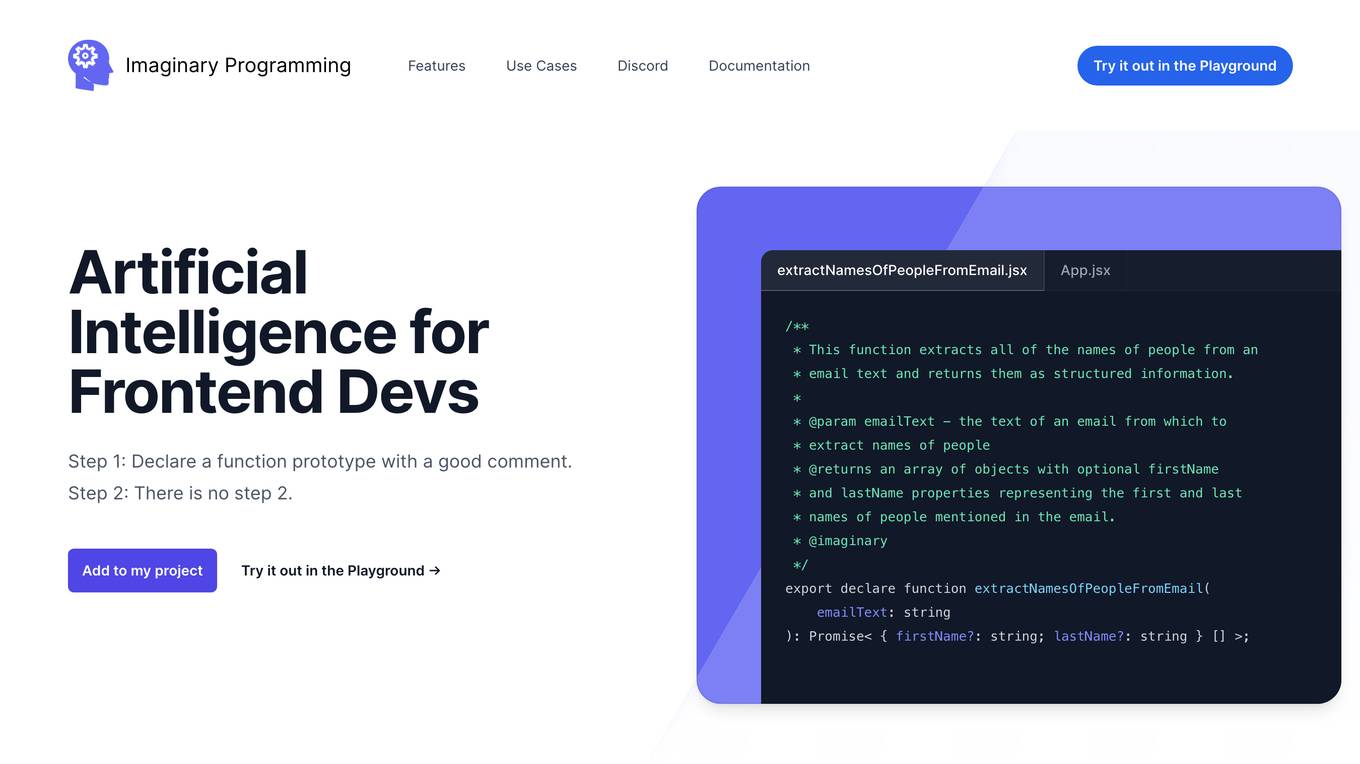
Imaginary Programming
Imaginary Programming is an AI tool that allows frontend developers to leverage OpenAI's GPT engine to add human-like intelligence to their code effortlessly. By defining function prototypes in TypeScript, developers can access GPT's capabilities without the need for AI model training. The tool enables users to extract structured data, generate text, classify data based on intent or emotion, and parse unstructured language. Imaginary Programming is designed to help developers tackle new challenges and enhance their projects with AI intelligence.
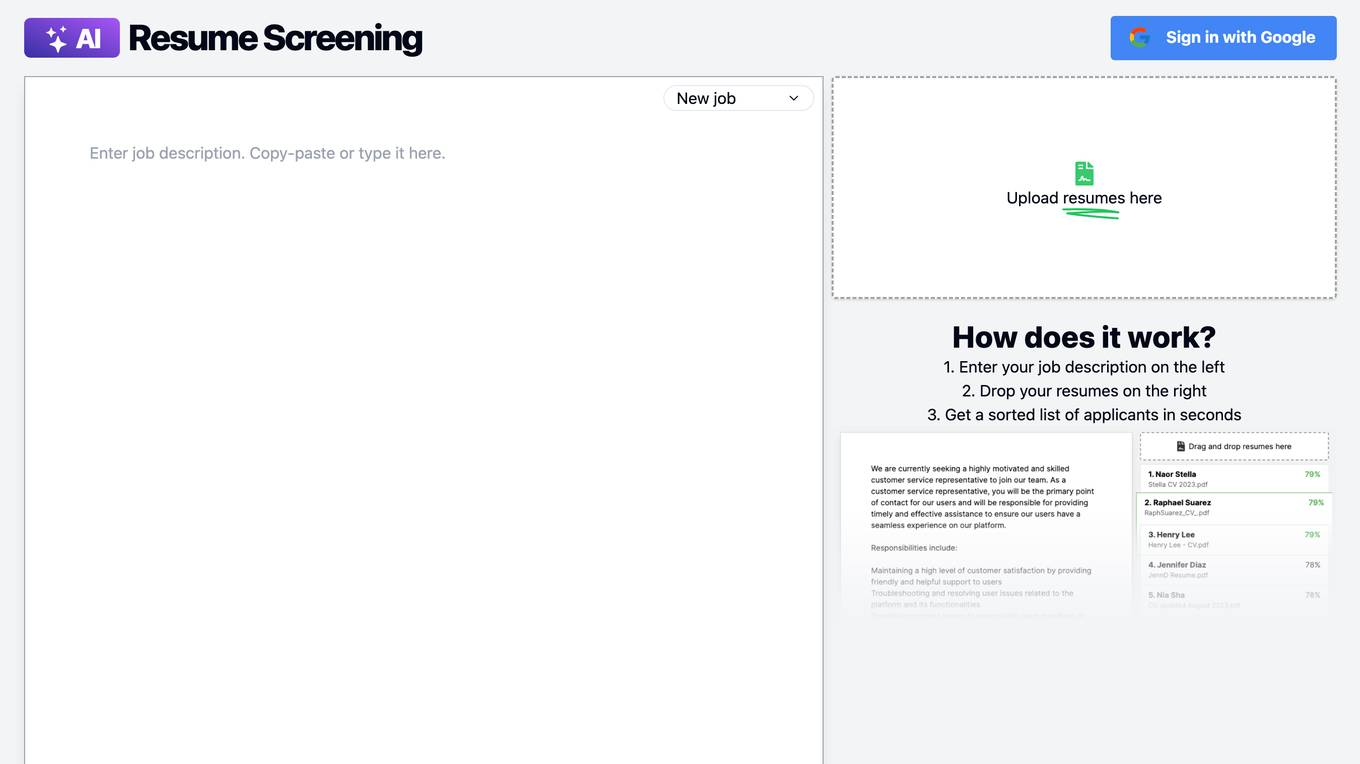
Resume Screening AI
Resume Screening AI is an AI application designed to help recruiters, hiring managers, and HR managers screen resumes in bulk efficiently and accurately. By leveraging AI algorithms, the tool automates the screening process, saving time and improving the quality of hire. It offers benefits such as time and cost savings, improved accuracy, enhanced objectivity, and a better candidate experience. The tool uses end-to-end encryption for data security and stores resume file fingerprints and parsed text for easy retrieval. With a focus on optimizing the recruitment process, Resume Screening AI is a transformative solution for businesses looking to attract and identify the most suitable candidates.
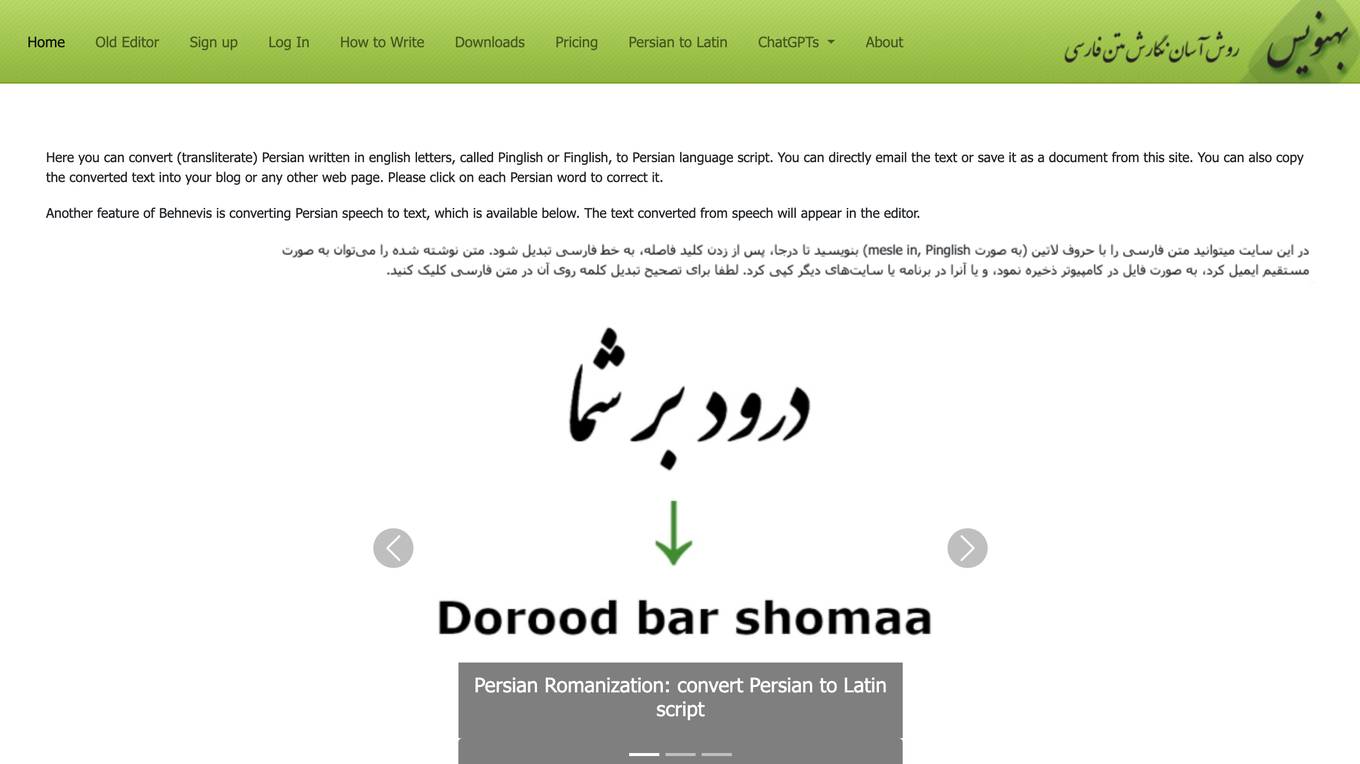
Behnevis
Behnevis is a Persian (Farsi) keyboard, editor, and speech-to-text tool. It allows users to convert Persian written in English letters (Pinglish or Finglish) to the Persian language script. Users can also convert Persian speech to text using the tool. Behnevis offers a paid premium plan with additional features, but the legacy two-part interface is still available for free without limitations.
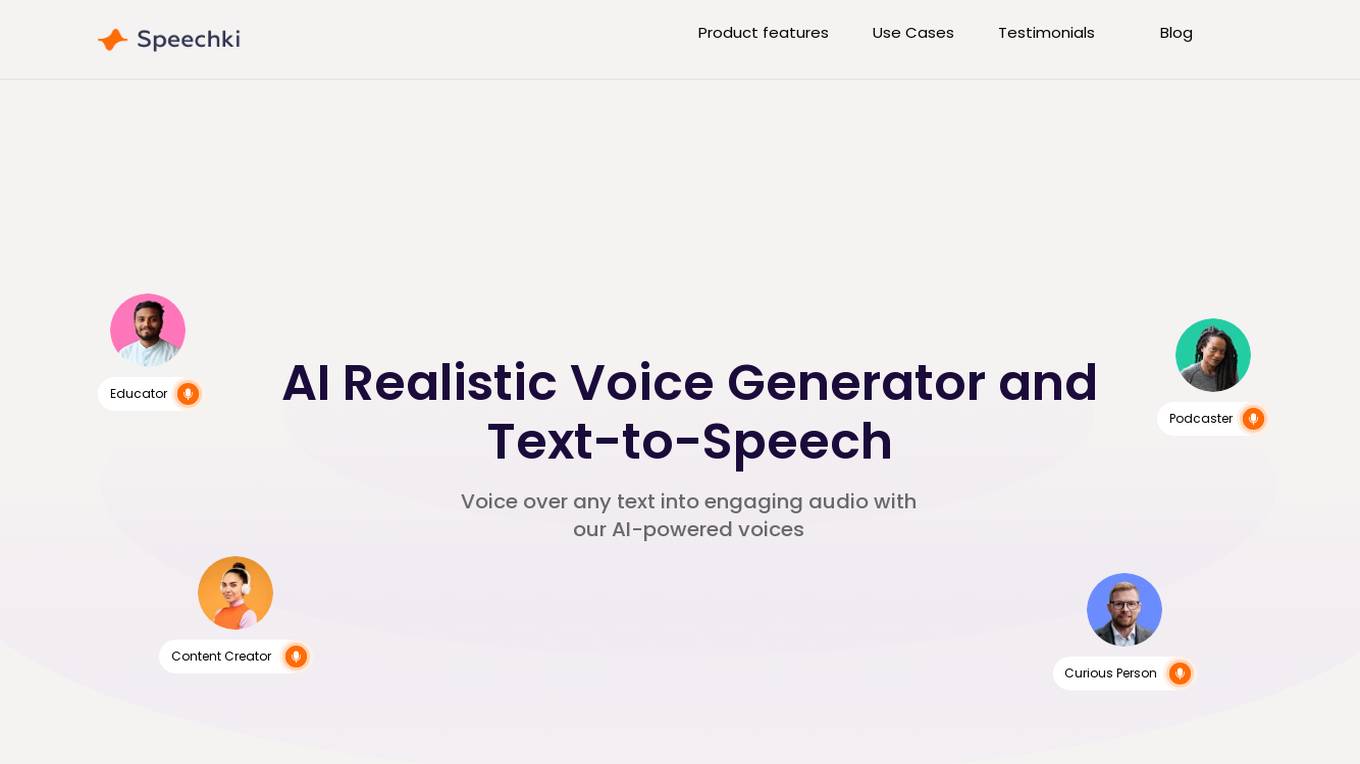
Speechki
Speechki is an AI Realistic Voice Generator and Text-to-Speech Solution offering over 1,100 voices in 80+ languages. It provides a user-friendly platform for converting text into engaging audio with AI-powered voices. The application is designed to cater to various needs such as audiobook production, content creation, podcasting, and more. With features like real-time proof-listening, chapter-like formatting, streamlined role management, precision pause control, and nuanced speech control, Speechki aims to enhance the user experience and deliver lifelike audio output. The tool also offers global reach with multicast and multilanguage support, making it suitable for a diverse audience.
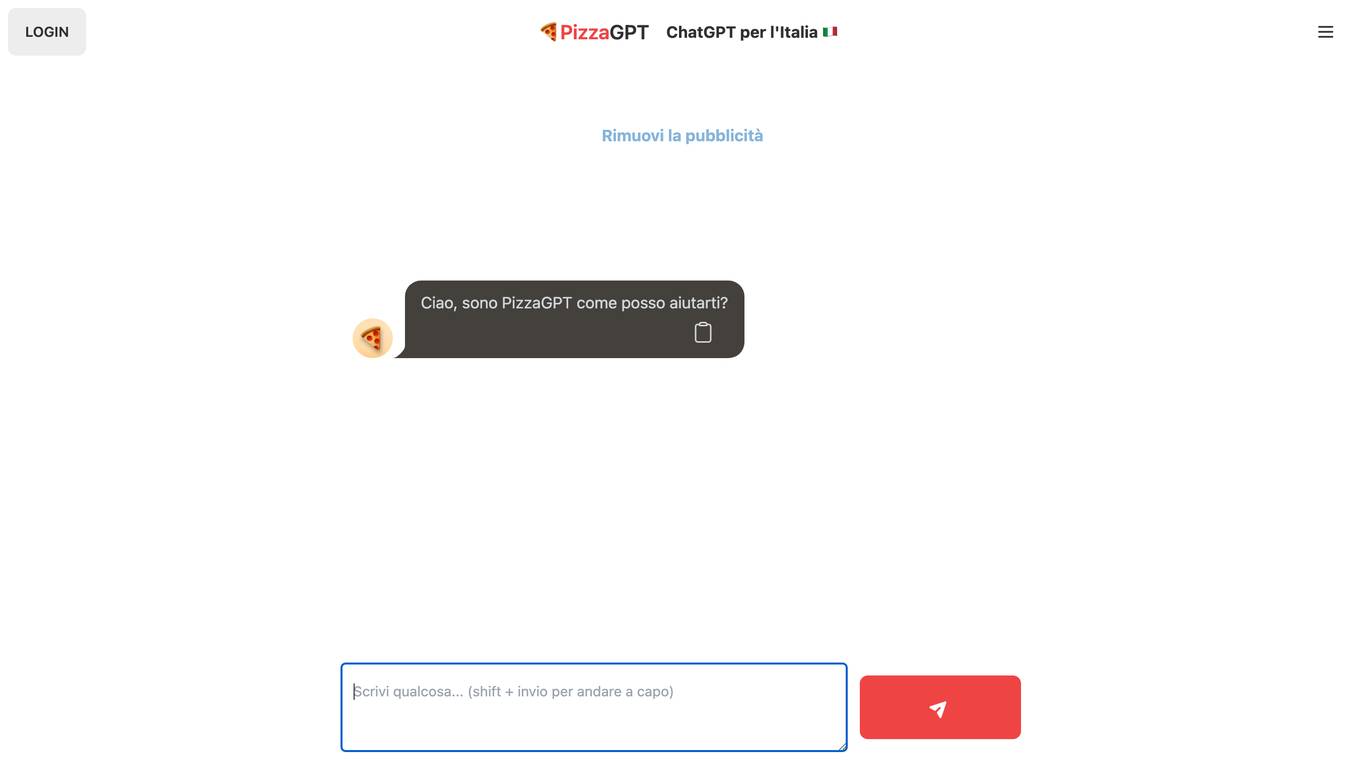
PizzaGPT
PizzaGPT is an AI-powered chatbot specifically designed for the Italian market. It is trained on a massive dataset of Italian language and culture, enabling it to understand and respond to user queries in a natural and informative way. With PizzaGPT, users can engage in conversations, ask questions, get recommendations, and access a wealth of information on various topics.
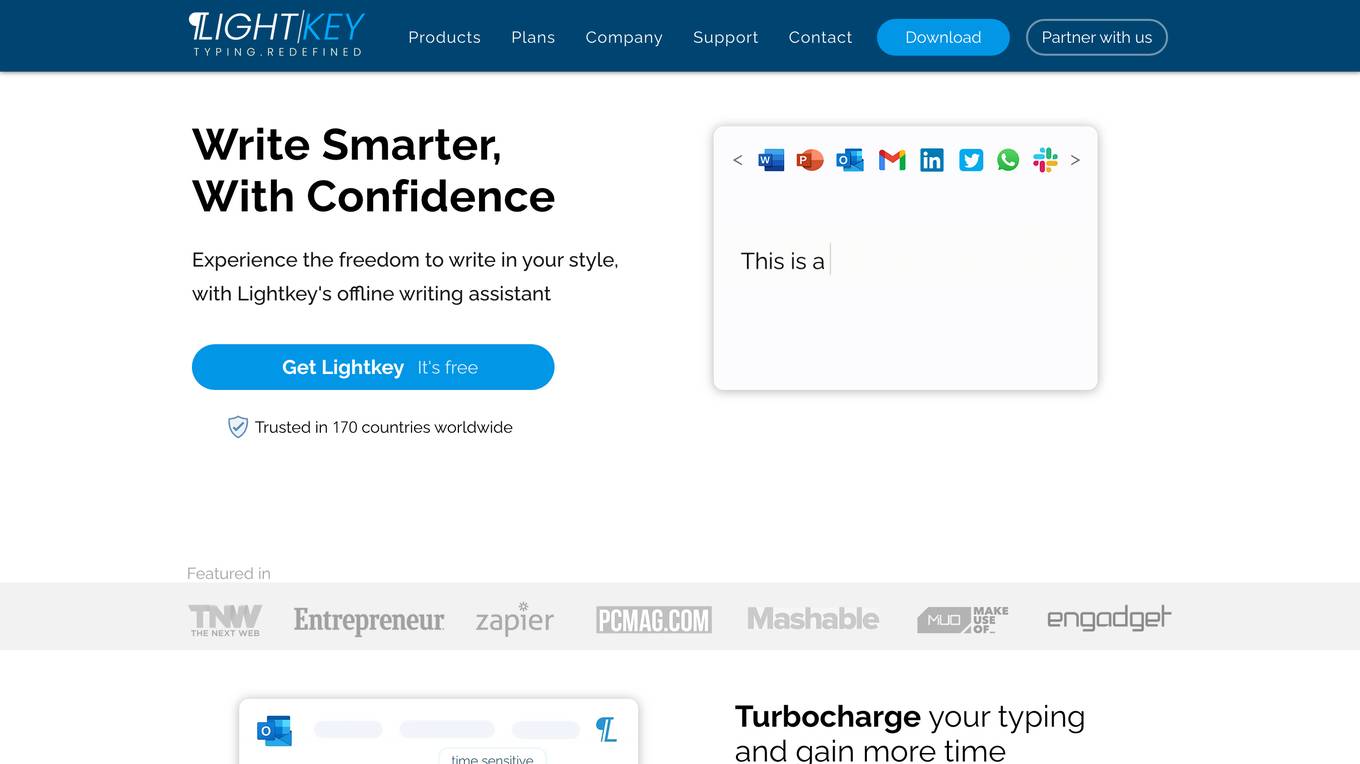
Lightkey
Lightkey is an AI-powered writing assistant that helps users write faster and more accurately. It learns your unique writing style and gradually predicts up to 18 words including punctuation marks, allowing you to compose your content faster, with confidence. Lightkey also corrects your mistakes in real-time, so you don't need to pause, go back and fix them. This helps you maintain your focus and preserve your line of thought. Additionally, Lightkey supports over 60 industry-oriented content domains, so it can help you write in your own unique voice and style. Lightkey is available as a free download for Windows, Mac, and iOS. It also has extensions for Chrome and Edge, so you can use it on millions of websites.
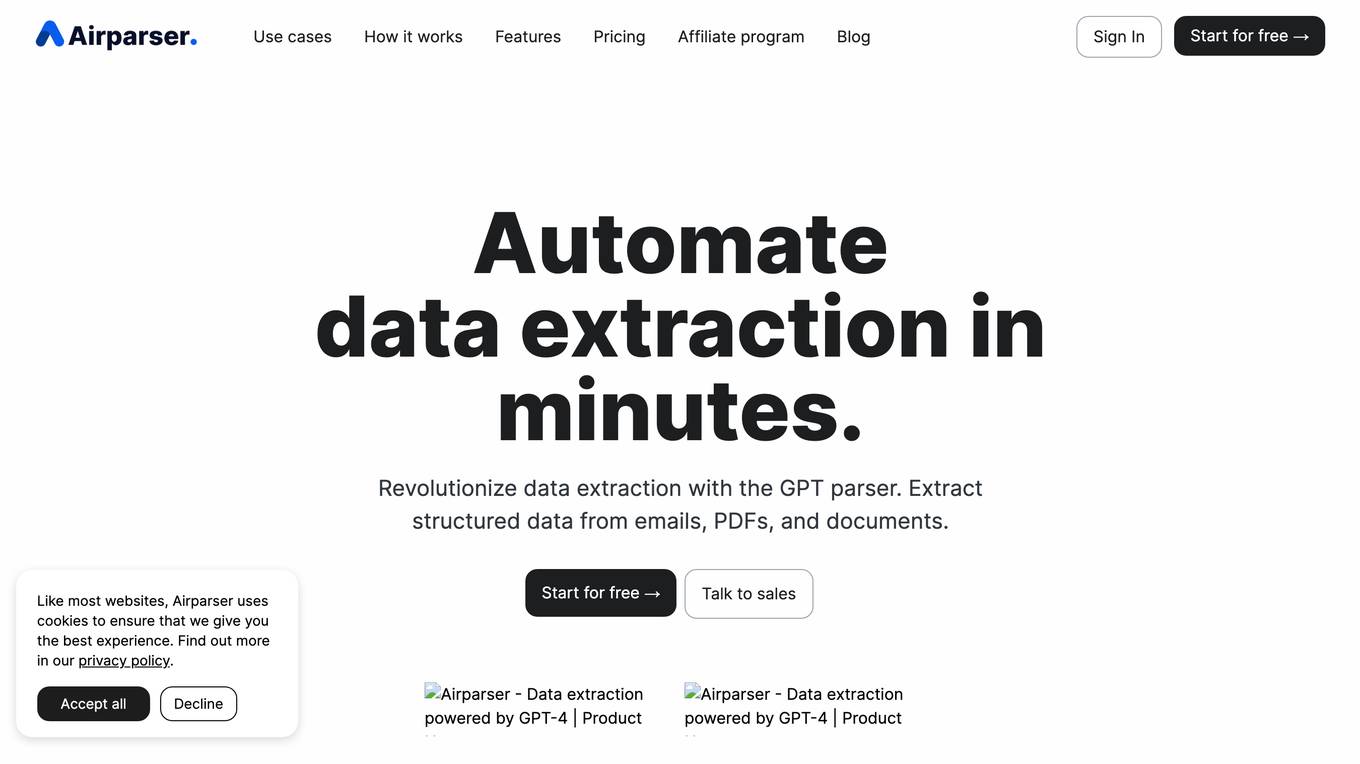
Airparser
Airparser is an AI-powered email and document parser tool that revolutionizes data extraction by utilizing the GPT parser engine. It allows users to automate the extraction of structured data from various sources such as emails, PDFs, documents, and handwritten texts. With features like automatic extraction, export to multiple platforms, and support for multiple languages, Airparser simplifies data extraction processes for individuals and businesses. The tool ensures data security and offers seamless integration with other applications through APIs and webhooks.
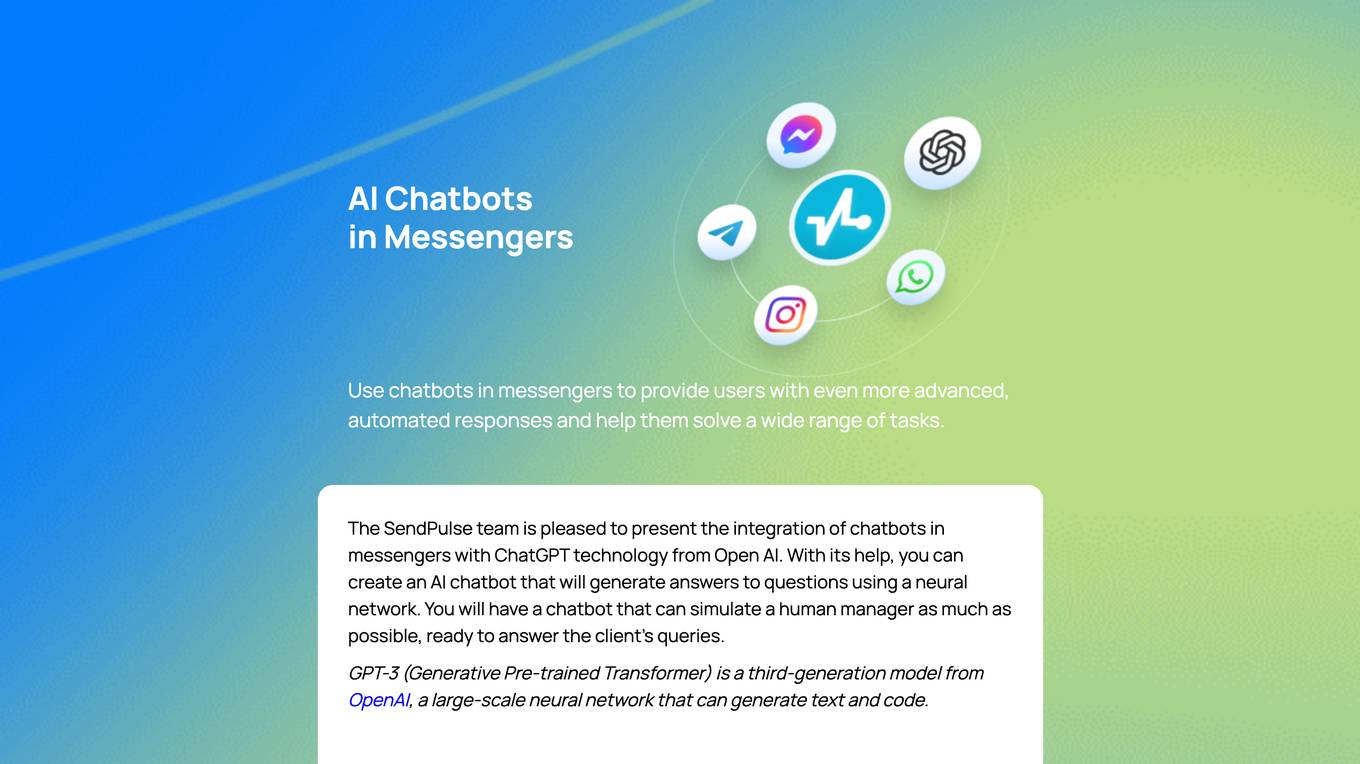
SendPulse AI Chatbots
SendPulse offers AI chatbots for messengers that can provide automated responses and help users solve a wide range of tasks. These chatbots are powered by GPT-3 technology from OpenAI, which allows them to generate text and code, and simulate human managers. You can use these chatbots in Telegram, Facebook Messenger, Instagram, and WhatsApp. They can be configured to pause when a manager joins the chat, and you can provide instructions for the AI operation by adding plain text. No coding skills are required.

SummarizeIt
SummarizeIt is an online tool that uses artificial intelligence to summarize videos. It is designed to help busy professionals and active learners save time and maximize their knowledge. With SummarizeIt, users can quickly and easily get the key points of any video without having to watch the entire thing. This can be a huge time saver, especially for long or complex videos. Summaries are often condensed into a more concise and easily digestible form, making it easier to understand and retain the information. Reading a summary also gives users the flexibility to pause, reread, or skip over parts that they don't understand or that are less important to them.

Daxtra
Daxtra is an AI-powered recruitment technology tool designed to help staffing and recruiting professionals find, parse, match, and engage the best candidates quickly and efficiently. The tool offers a suite of products that seamlessly integrate with existing ATS or CRM systems, automating various recruitment processes such as candidate data loading, CV/resume formatting, information extraction, and job matching. Daxtra's solutions cater to corporates, vendors, job boards, and social media partners, providing a comprehensive set of developer components to enhance recruitment workflows.

Extracta.ai
Extracta.ai is an AI data extraction tool for documents and images that automates data extraction processes with easy integration. It allows users to define custom templates for extracting structured data without the need for training. The platform can extract data from various document types, including invoices, resumes, contracts, receipts, and more, providing accurate and efficient results. Extracta.ai ensures data security, encryption, and GDPR compliance, making it a reliable solution for businesses looking to streamline document processing.
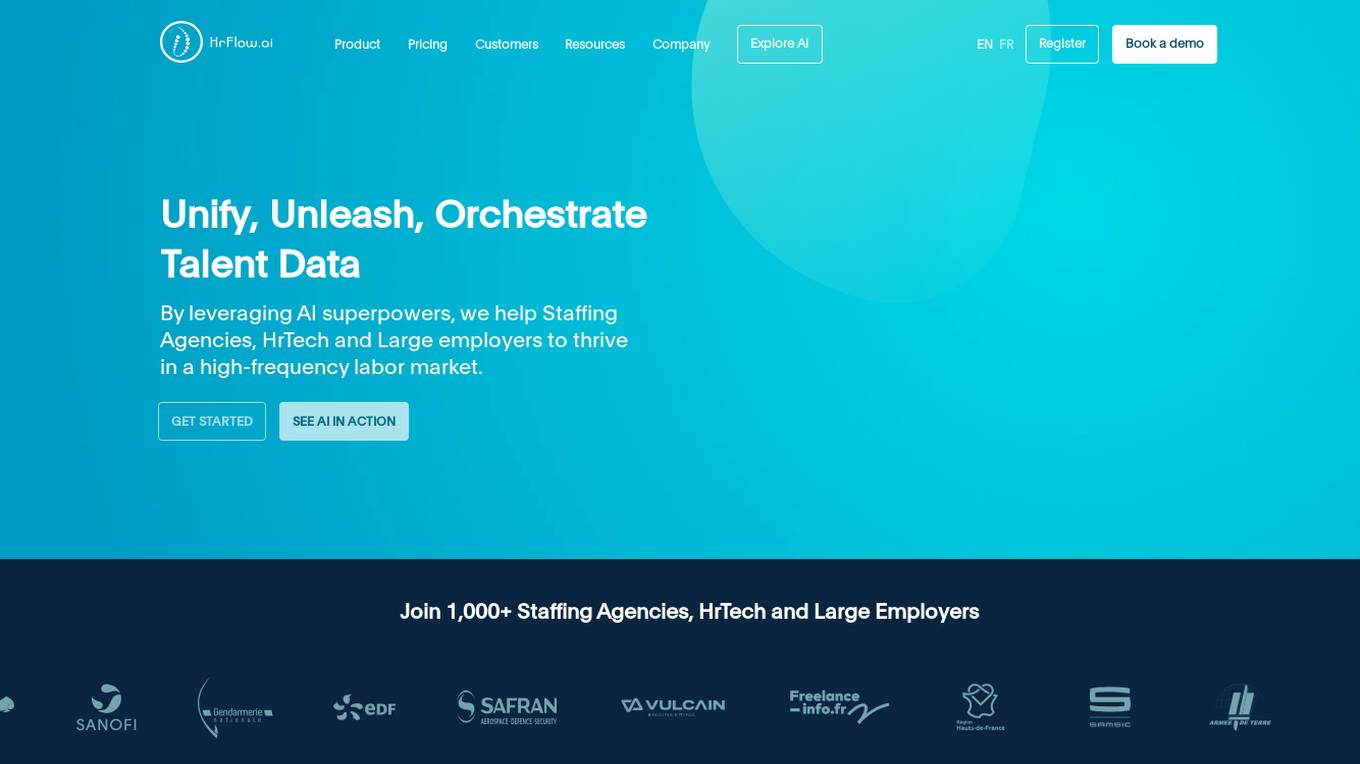
HrFlow.ai
HrFlow.ai is an API-first company and the leading AI-powered HR data automation platform. The company helps +1000 customers (HR software vendors, Staffing agencies, large employers, and headhunting firms) to thrive in a high-volume and high-frequency labor market. The platform provides a complete and fully integrated suite of HR data processing products based on the analysis of hundreds of millions of career paths worldwide -- such as Parsing API, Tagging API, Embedding API, Searching API, Scoring API, and Upskilling API. It also offers a catalog of +200 connectors to build custom scenarios that can automate any business logic.
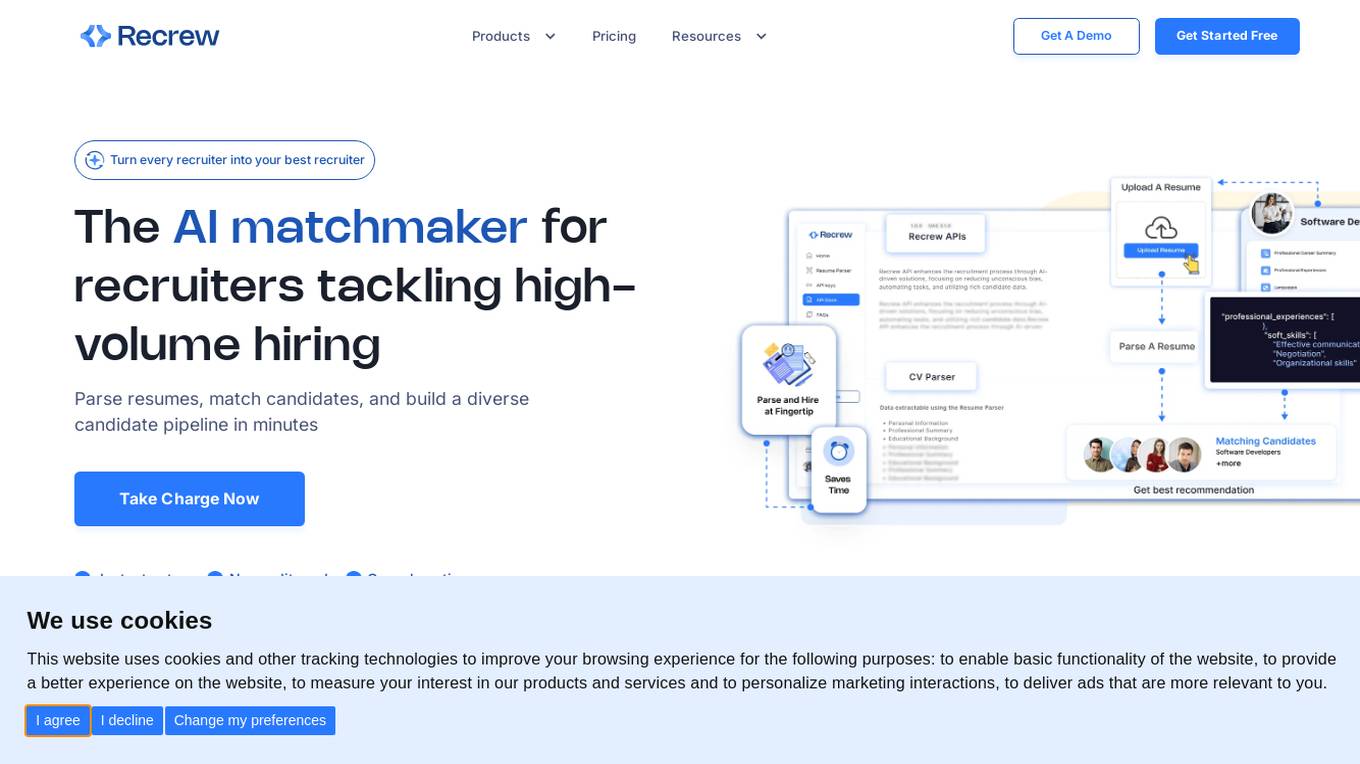
Recrew AI
Recrew AI is an AI-powered recruitment tool that revolutionizes the hiring process by leveraging artificial intelligence to parse resumes, match candidates, and build a diverse candidate pipeline in minutes. It helps recruiters overcome challenges such as sorting profiles, extracting accurate data, reducing lean time, identifying top talent, expanding talent pools, and making data-driven hiring decisions. Recrew AI aims to streamline recruitment processes, eliminate manual errors, reduce bias, and enhance overall efficiency in the recruitment industry.
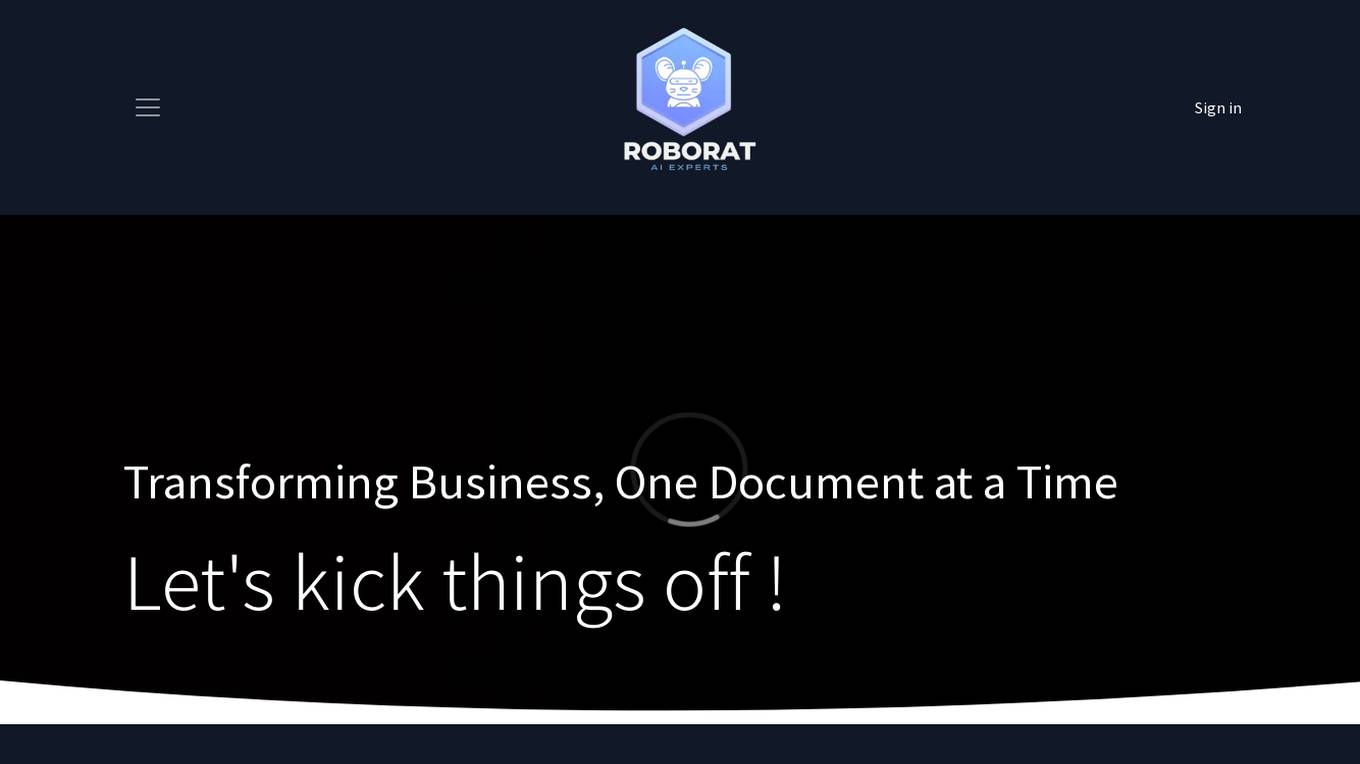
Robo Rat
Robo Rat is an AI-powered tool designed for business document digitization. It offers a smart and affordable resume parsing API that supports over 50 languages, enabling quick conversion of resumes into actionable data. The tool aims to simplify the hiring process by providing speed and accuracy in parsing resumes. With advanced AI capabilities, Robo Rat delivers highly accurate and intelligent resume parsing solutions, making it a valuable asset for businesses of all sizes.
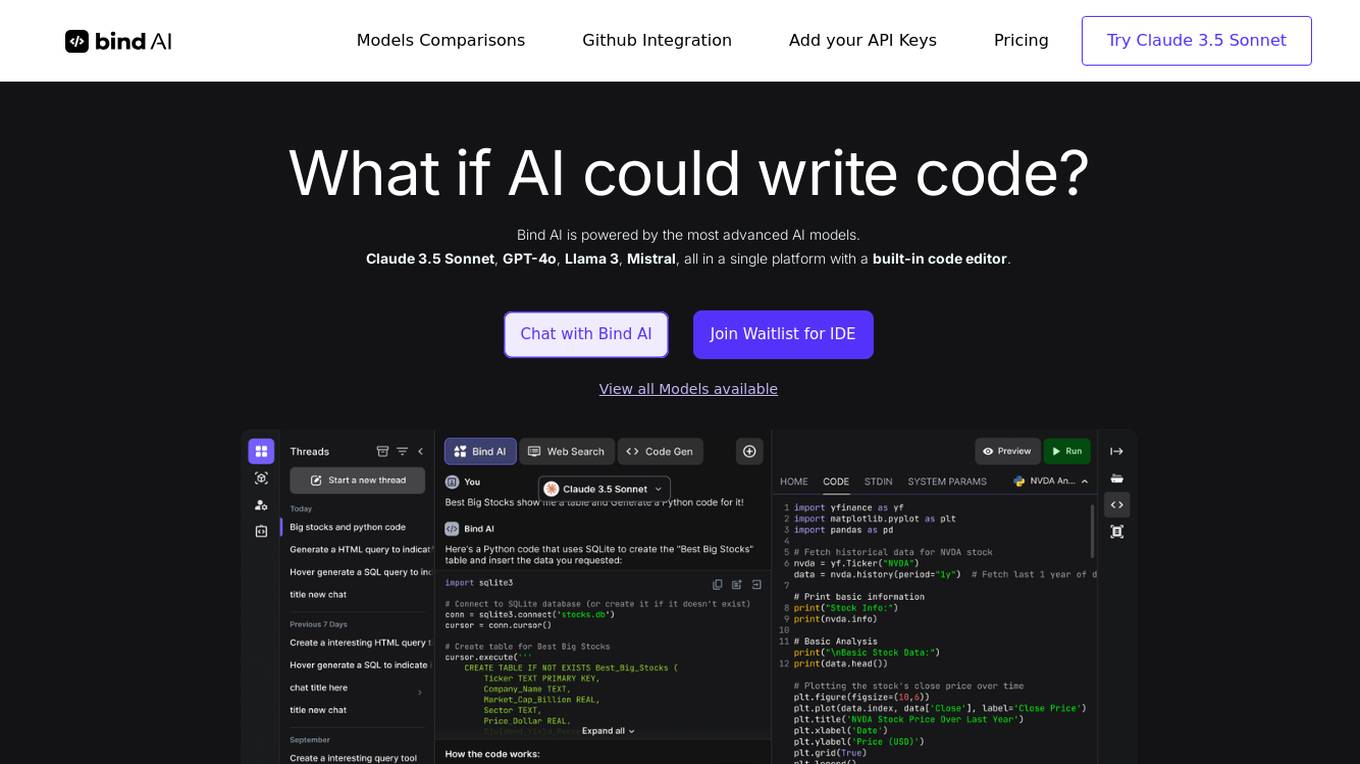
Bind AI
Bind AI is an advanced AI tool that enables users to generate code, scripts, and applications using a variety of AI models. It offers a platform with a built-in code editor and supports over 72 programming languages, including popular ones like Python, Java, and JavaScript. Users can create front-end web applications, parse JSON, write SQL queries, and automate tasks using the AI Code Editor. Bind AI also provides integration with Github and Google Drive, allowing users to sync their codebase and files for collaboration and development.
1 - Open Source AI Tools
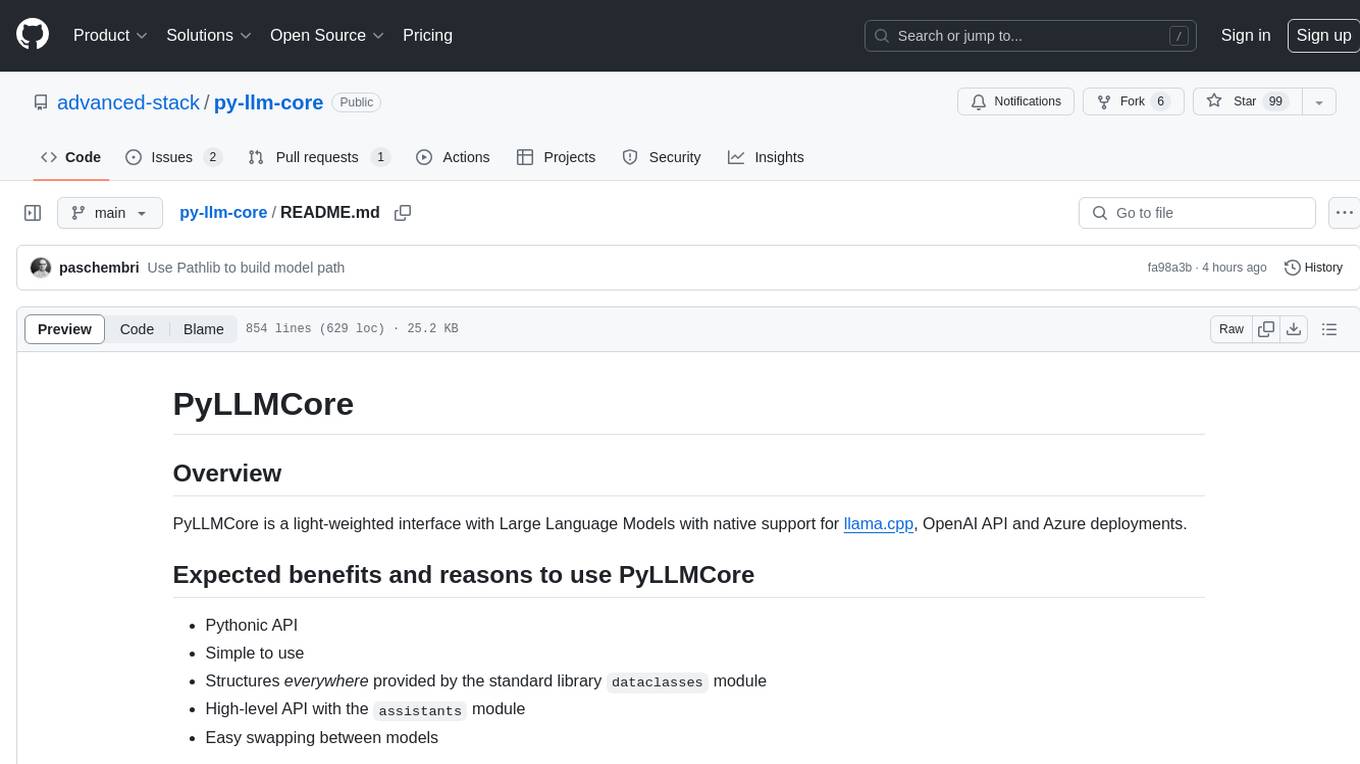
py-llm-core
PyLLMCore is a light-weighted interface with Large Language Models with native support for llama.cpp, OpenAI API, and Azure deployments. It offers a Pythonic API that is simple to use, with structures provided by the standard library dataclasses module. The high-level API includes the assistants module for easy swapping between models. PyLLMCore supports various models including those compatible with llama.cpp, OpenAI, and Azure APIs. It covers use cases such as parsing, summarizing, question answering, hallucinations reduction, context size management, and tokenizing. The tool allows users to interact with language models for tasks like parsing text, summarizing content, answering questions, reducing hallucinations, managing context size, and tokenizing text.
20 - OpenAI Gpts
Japanese Hiragana Advisor
This GPT is able to parse a sentence, provide an appropriate translation of the input text and be able to provide a response explaining the structure of a sentence in japanese.
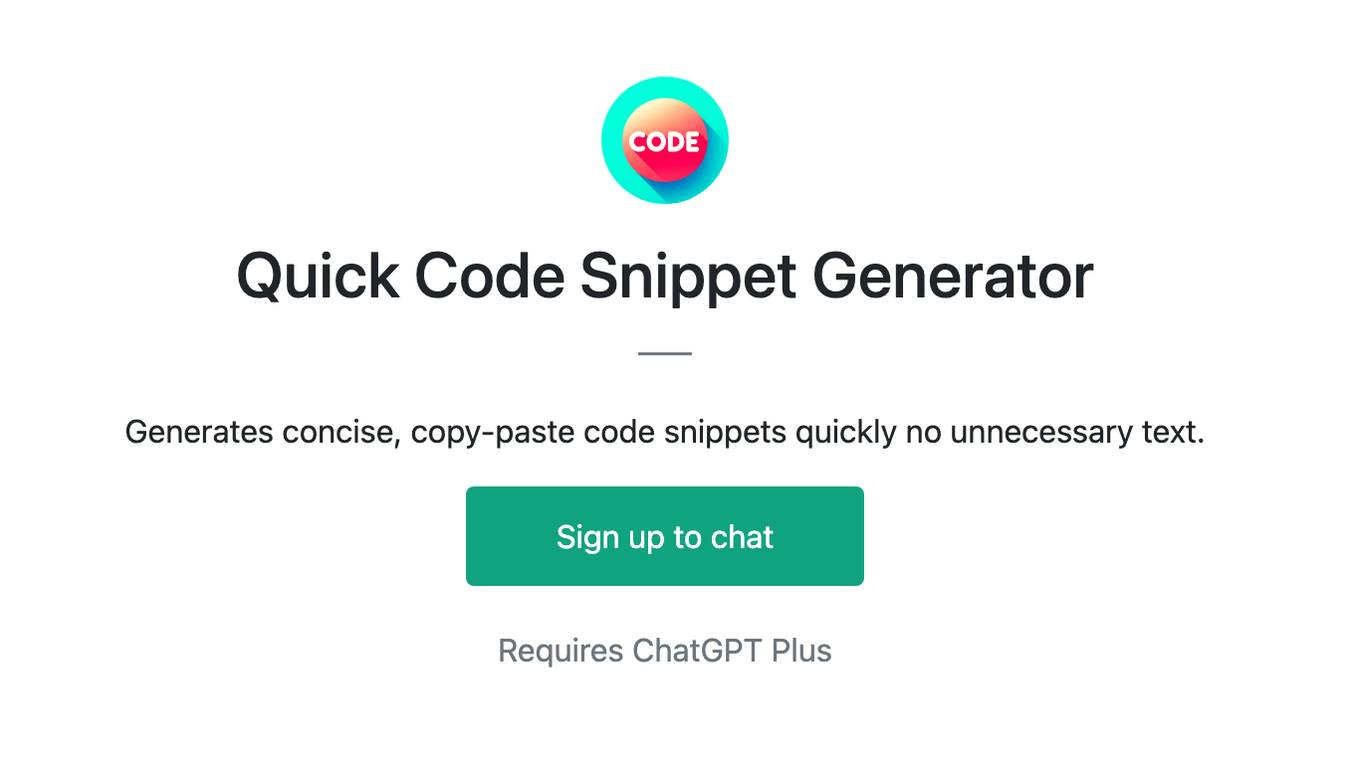
Quick Code Snippet Generator
Generates concise, copy-paste code snippets quickly no unnecessary text.
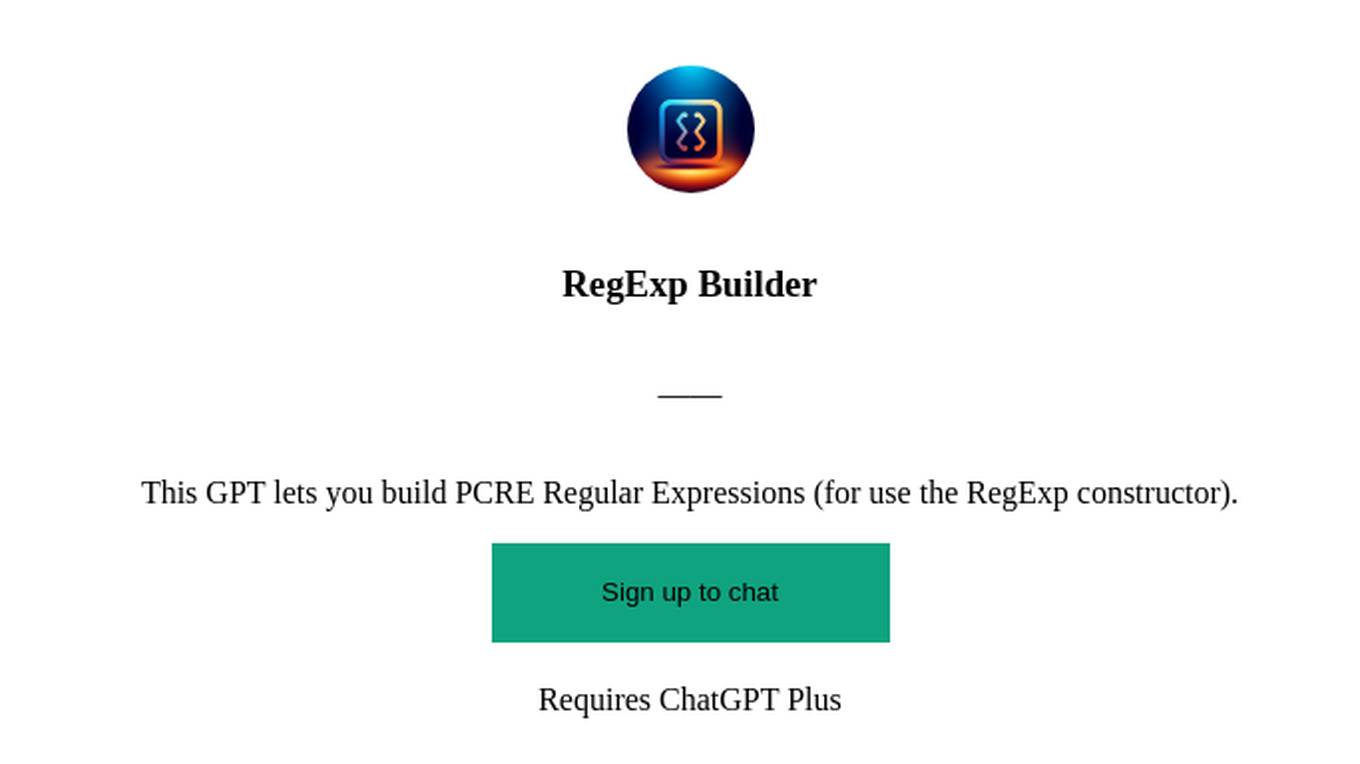
RegExp Builder
This GPT lets you build PCRE Regular Expressions (for use the RegExp constructor).
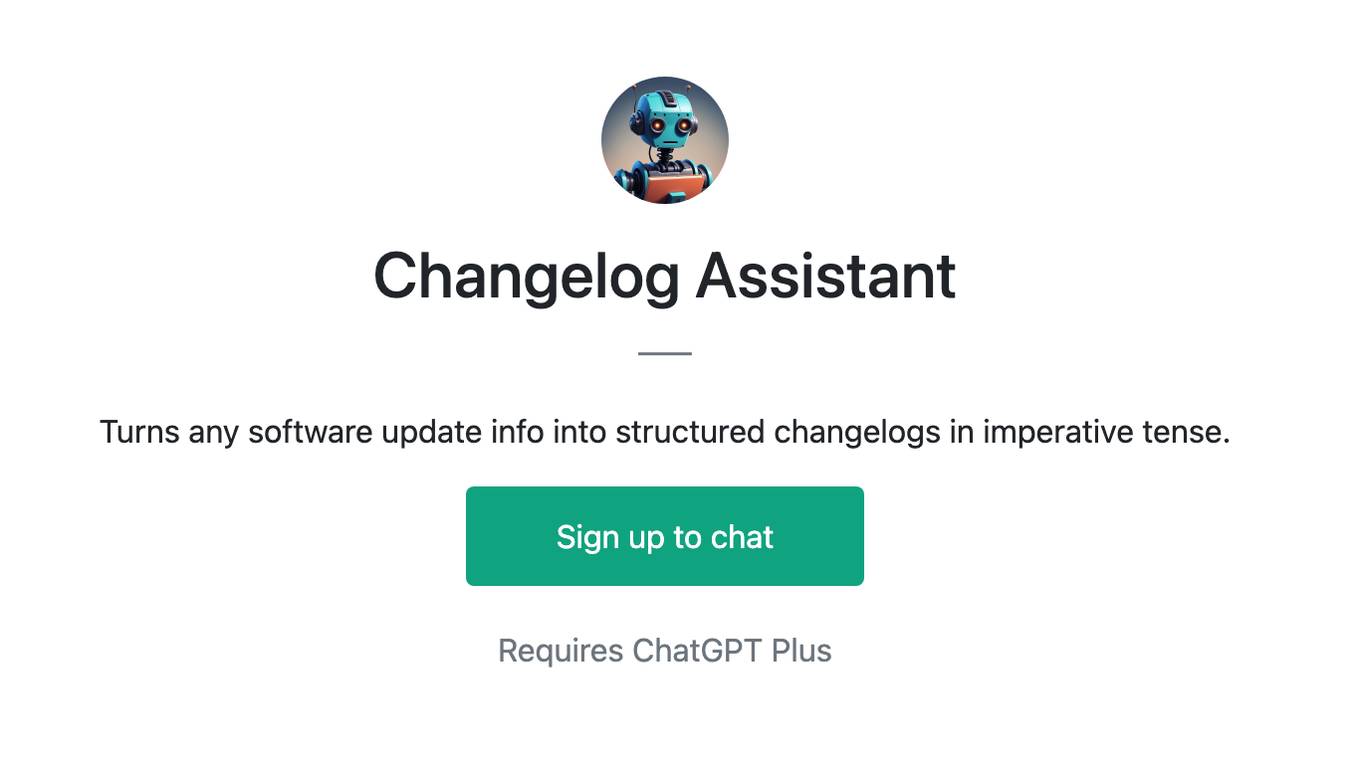
Changelog Assistant
Turns any software update info into structured changelogs in imperative tense.
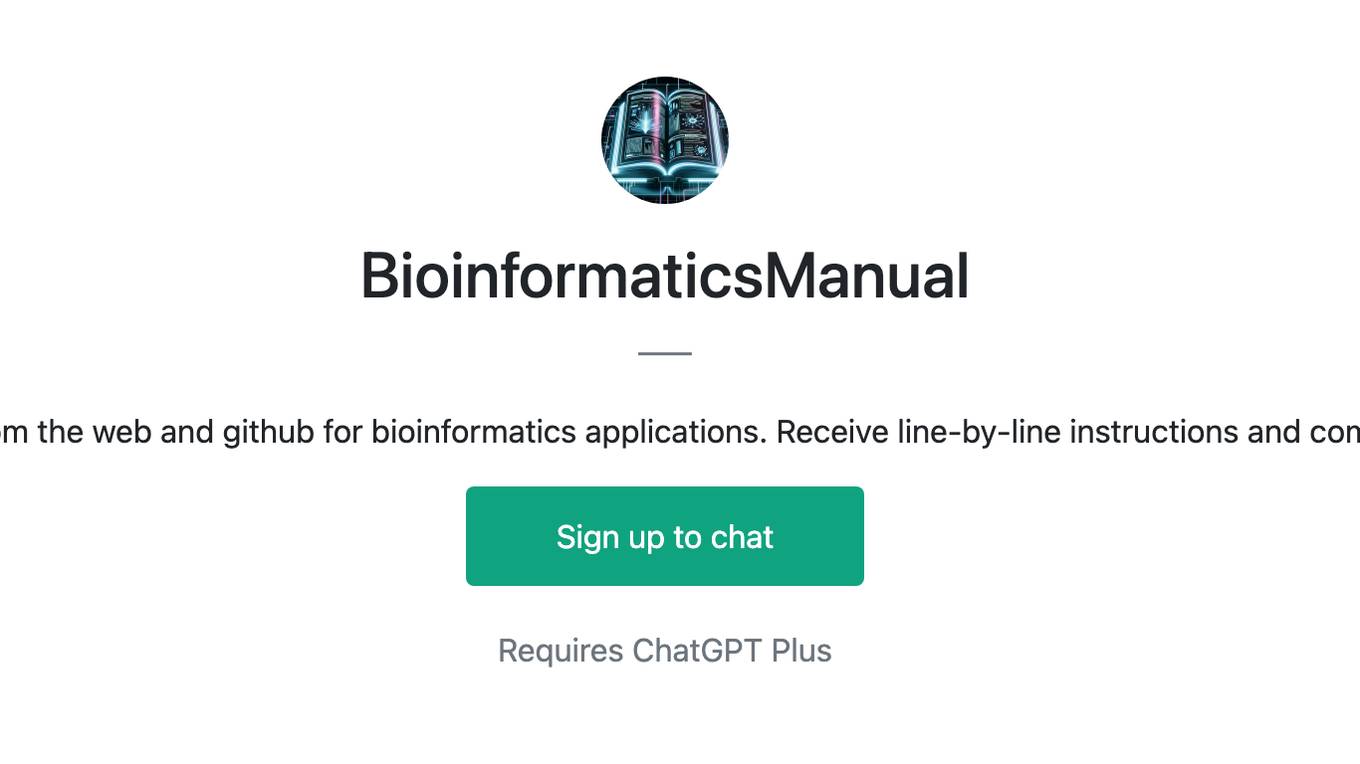
BioinformaticsManual
Compile instructions from the web and github for bioinformatics applications. Receive line-by-line instructions and commands to get started
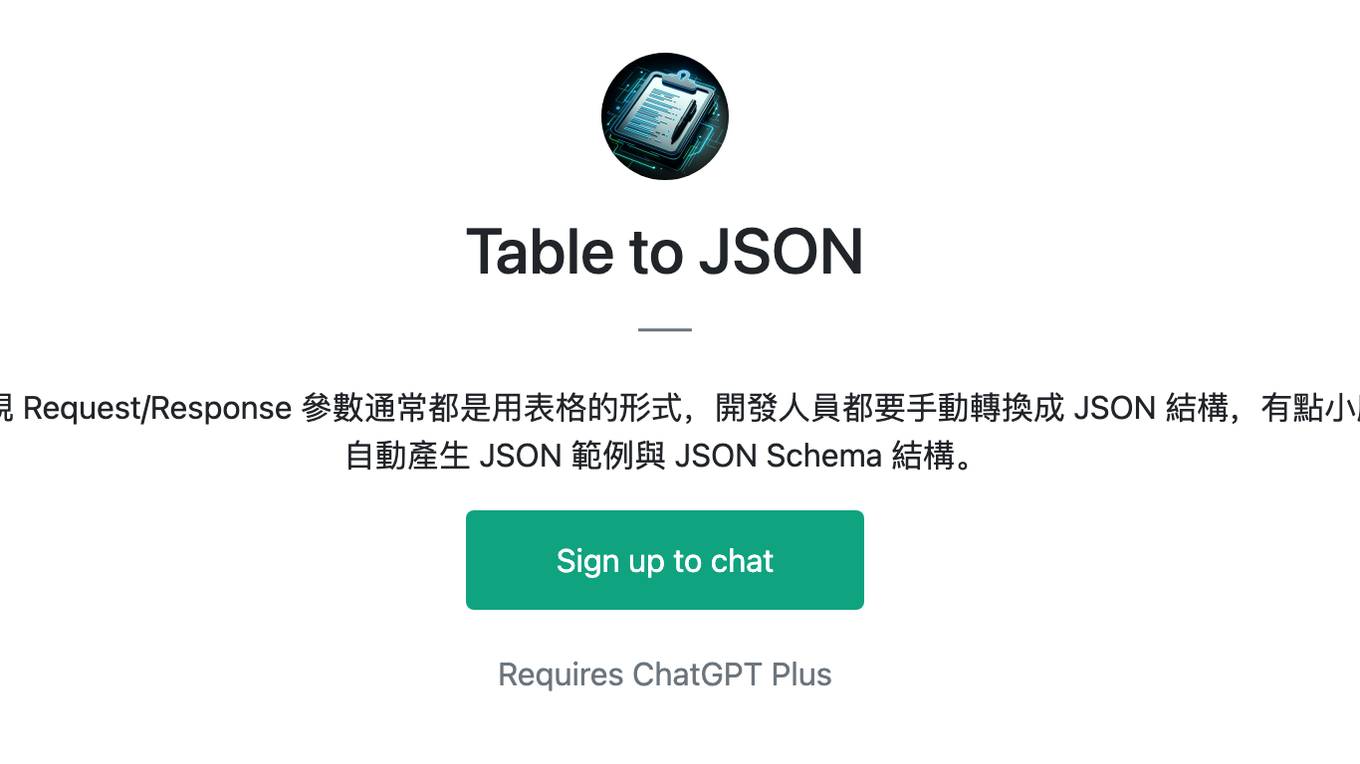
Table to JSON
我們經常在看 REST API 參考文件,文件中呈現 Request/Response 參數通常都是用表格的形式,開發人員都要手動轉換成 JSON 結構,有點小麻煩,但透過這個 GPT 只要上傳截圖就可以自動產生 JSON 範例與 JSON Schema 結構。
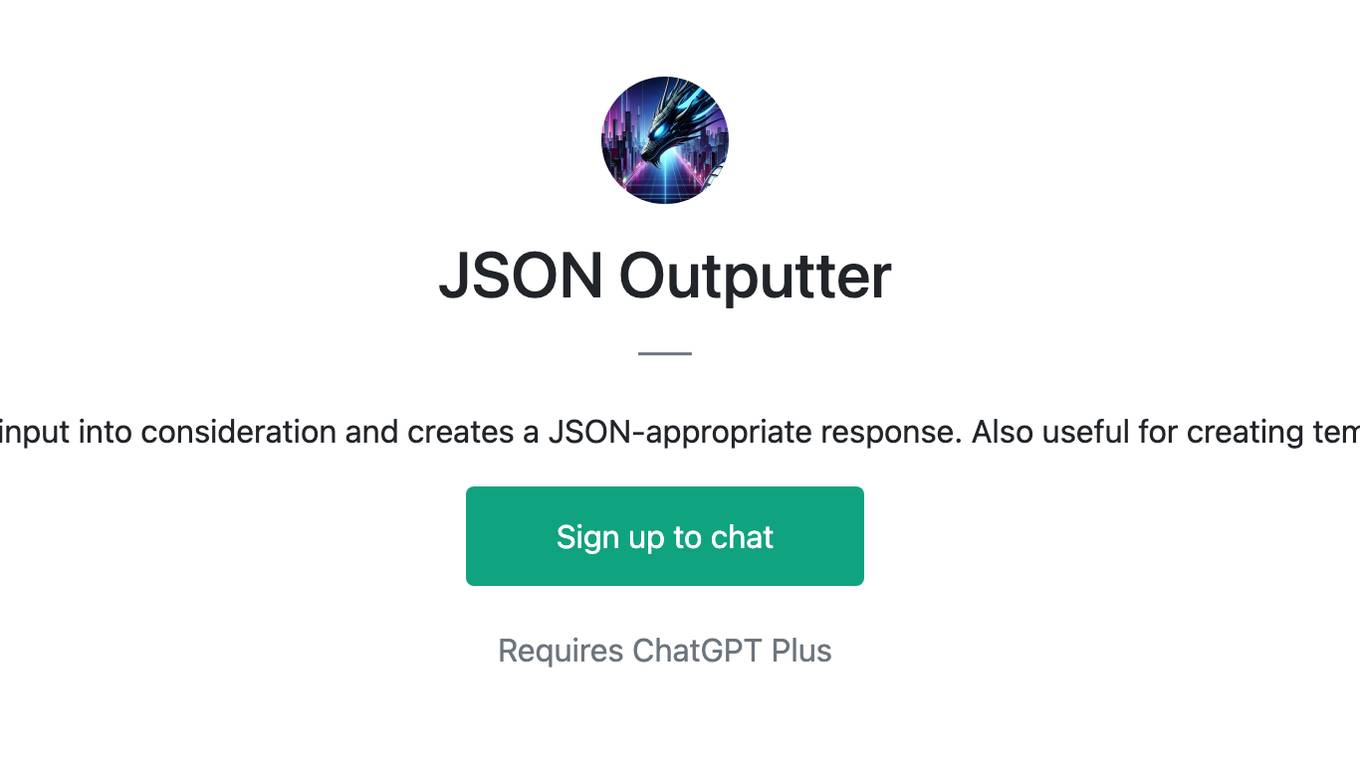
JSON Outputter
Takes all input into consideration and creates a JSON-appropriate response. Also useful for creating templates.
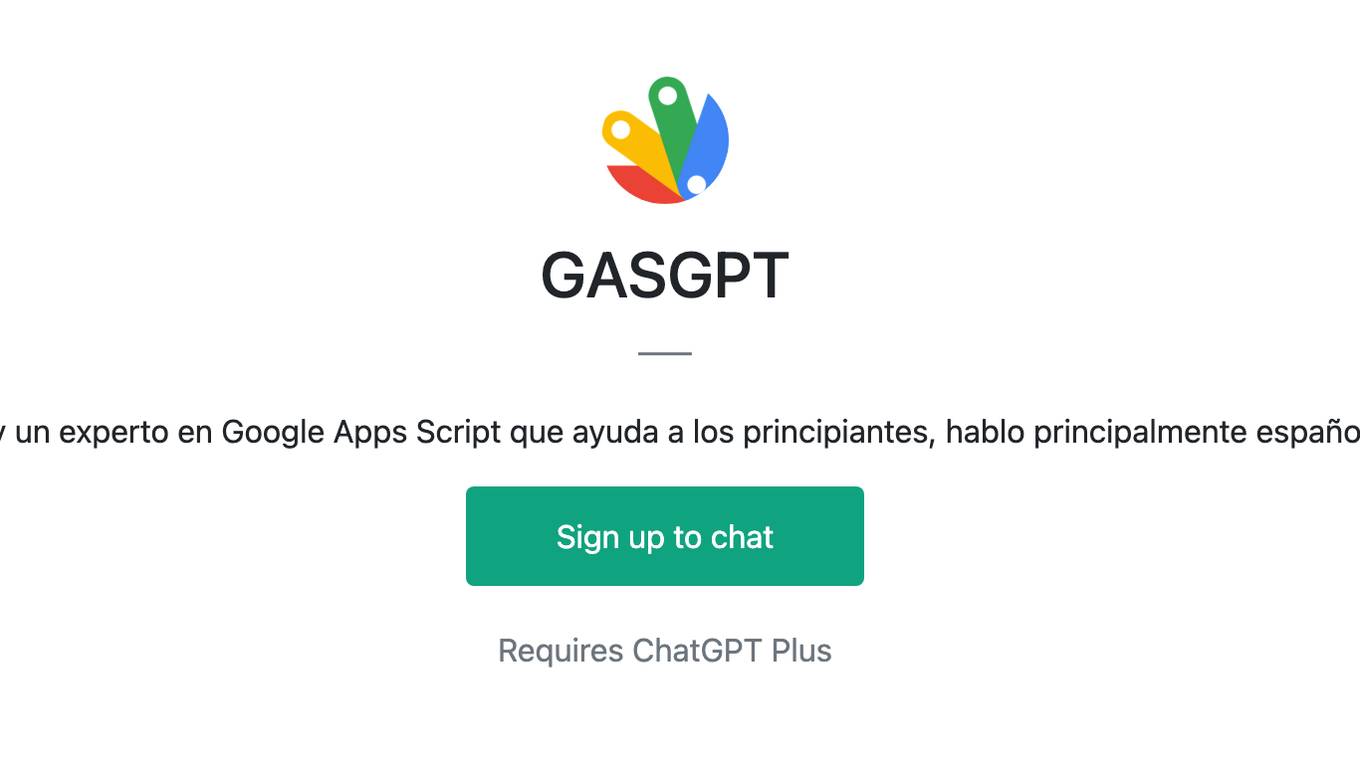
GASGPT
Soy un experto en Google Apps Script que ayuda a los principiantes, hablo principalmente español.
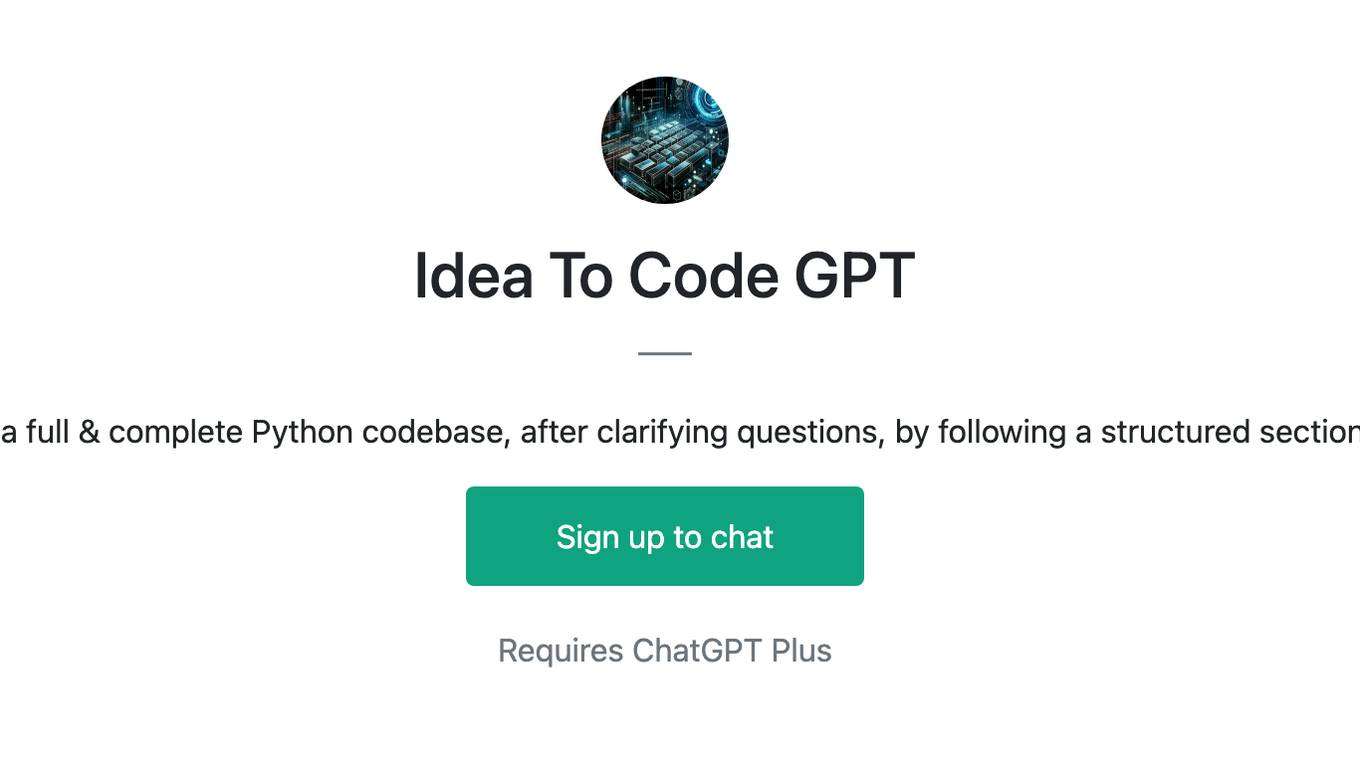
Idea To Code GPT
Generates a full & complete Python codebase, after clarifying questions, by following a structured section pattern.

Bot Psycho - Le pervers narcissique.
Je te parle des pervers narcissique. Je t'informe de leurs traits et de leur comportement. Je t'aide à reconnaitre les signes d'une relation toxique.
